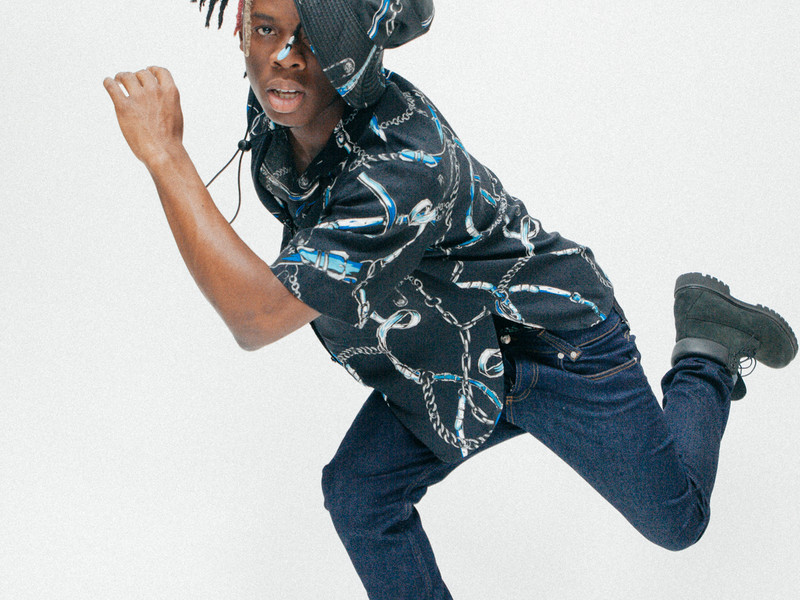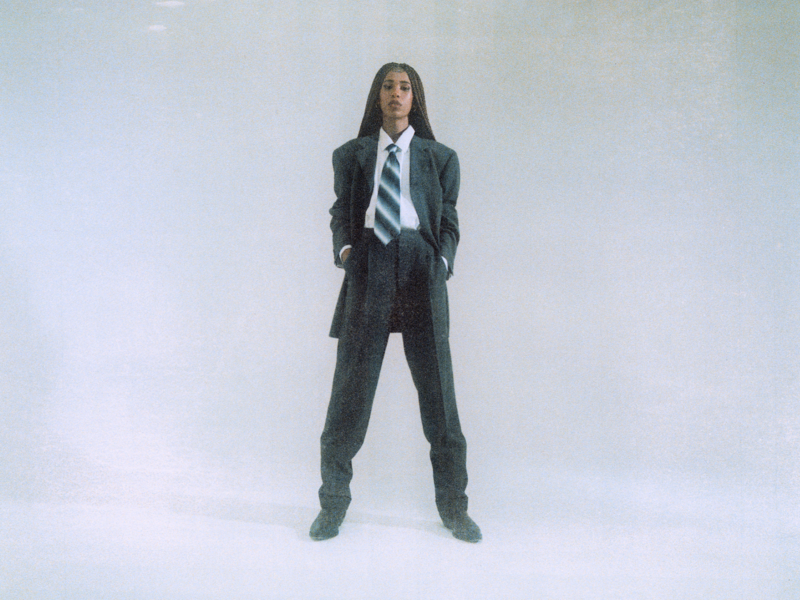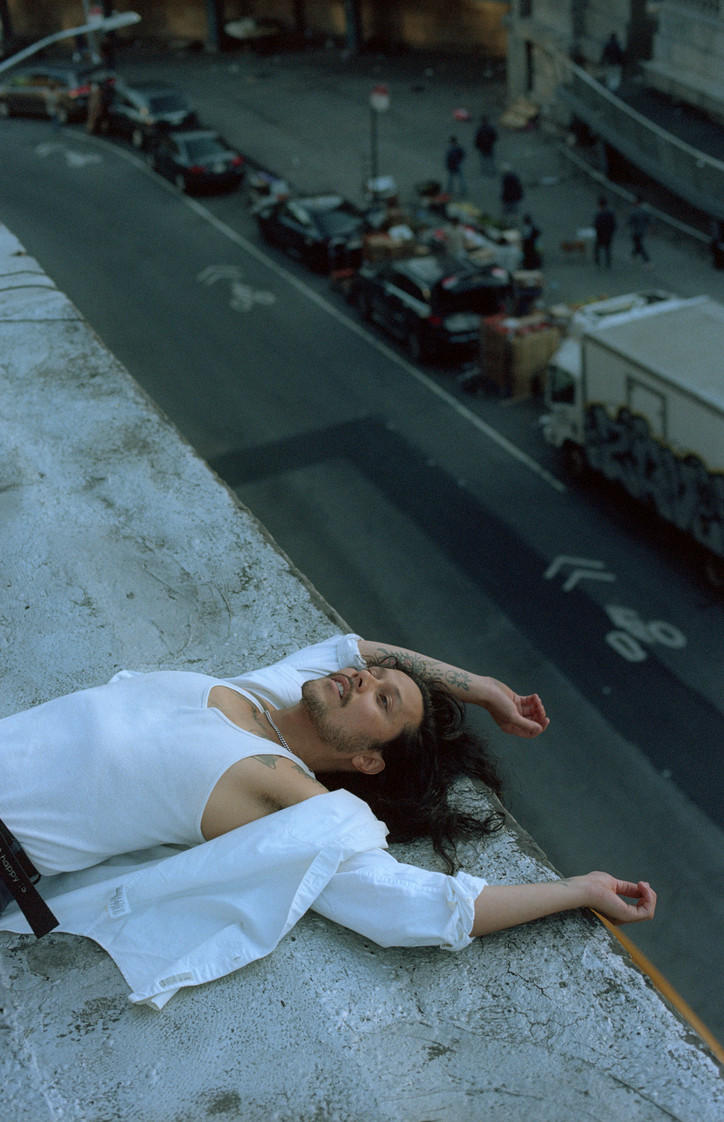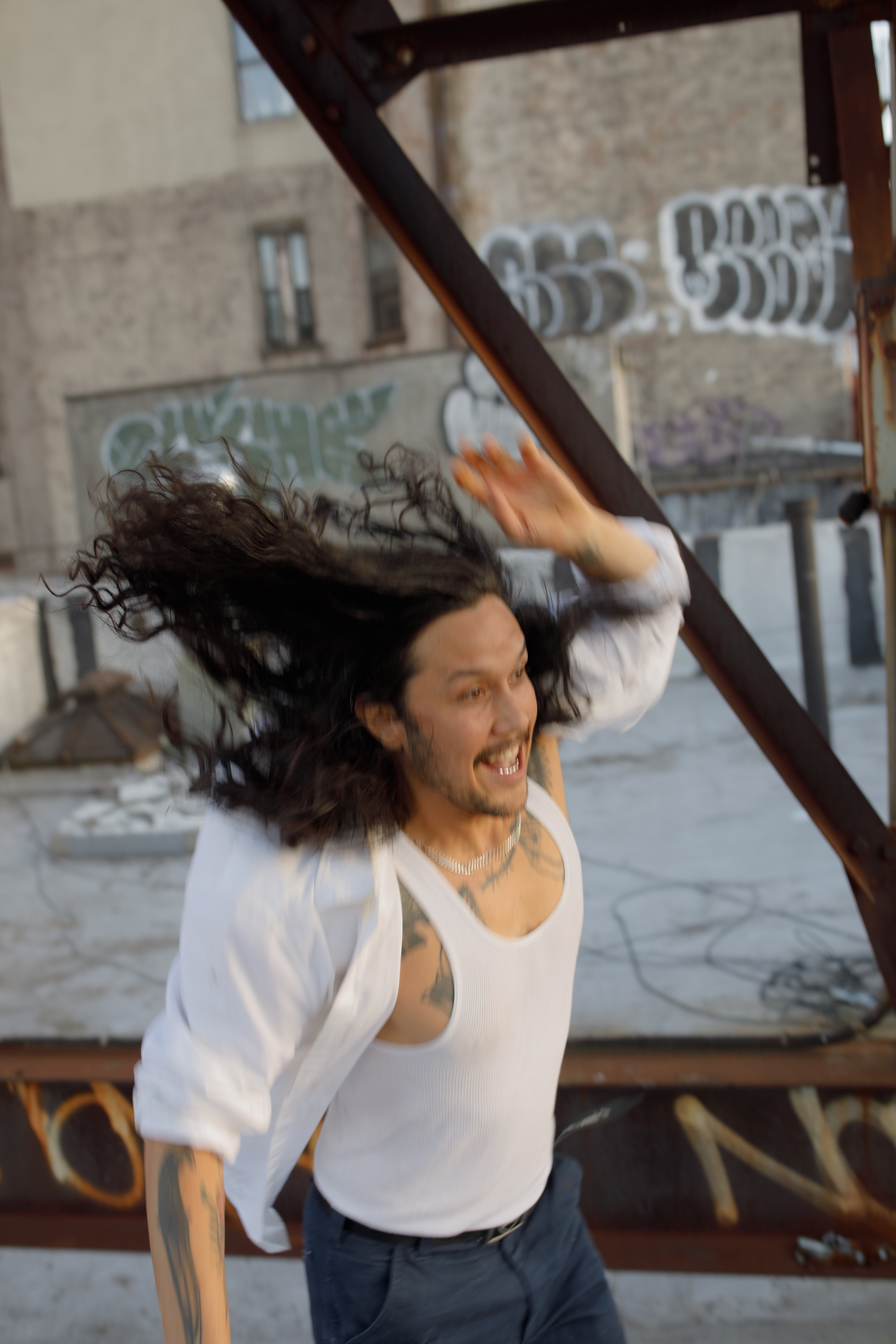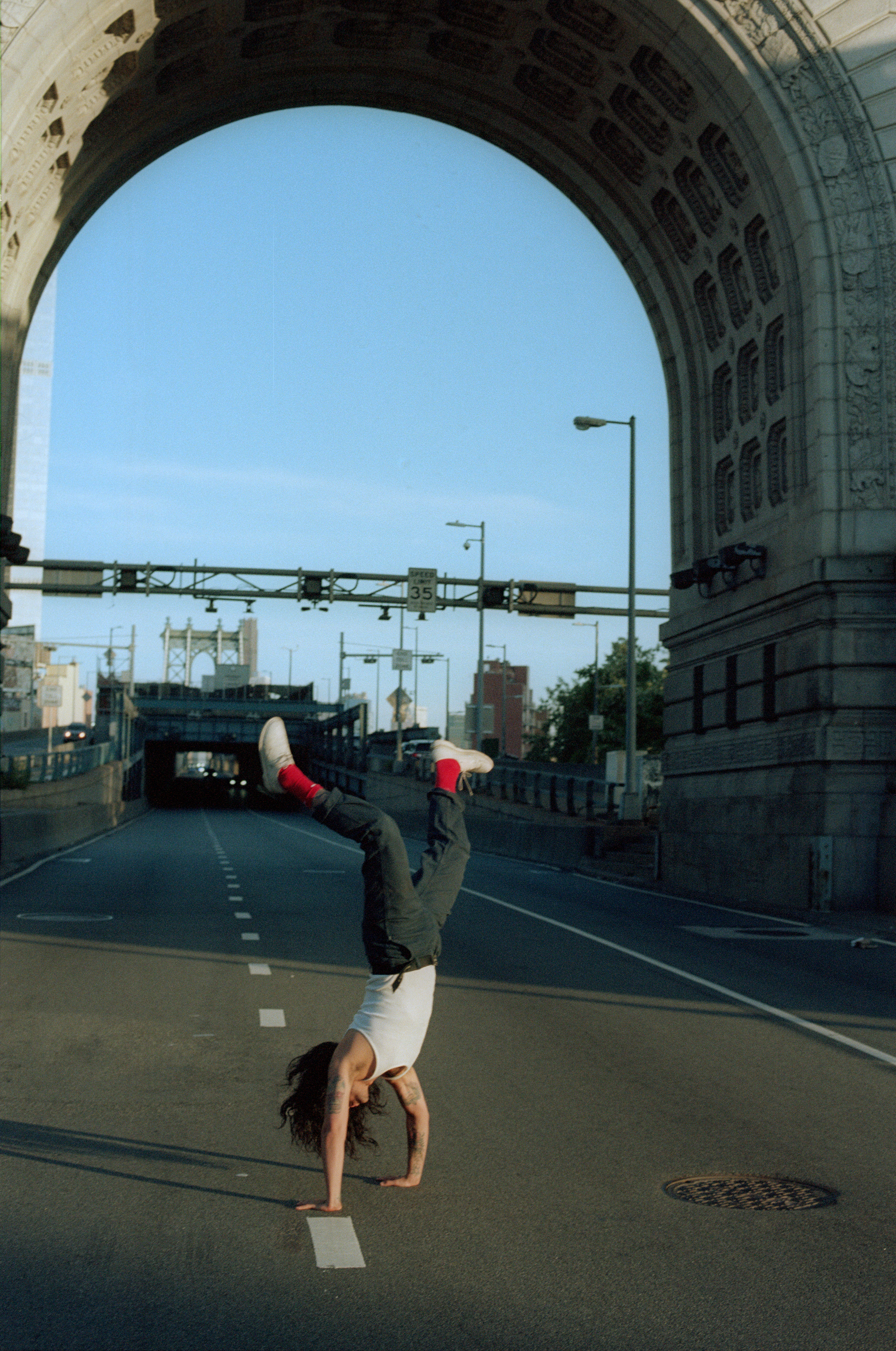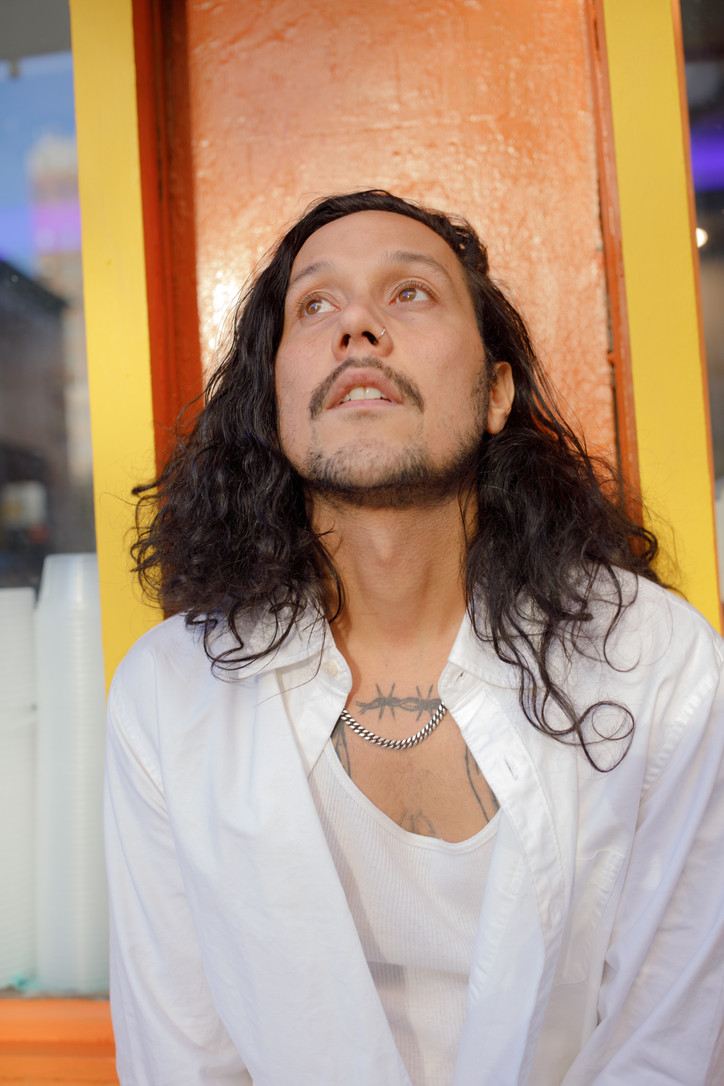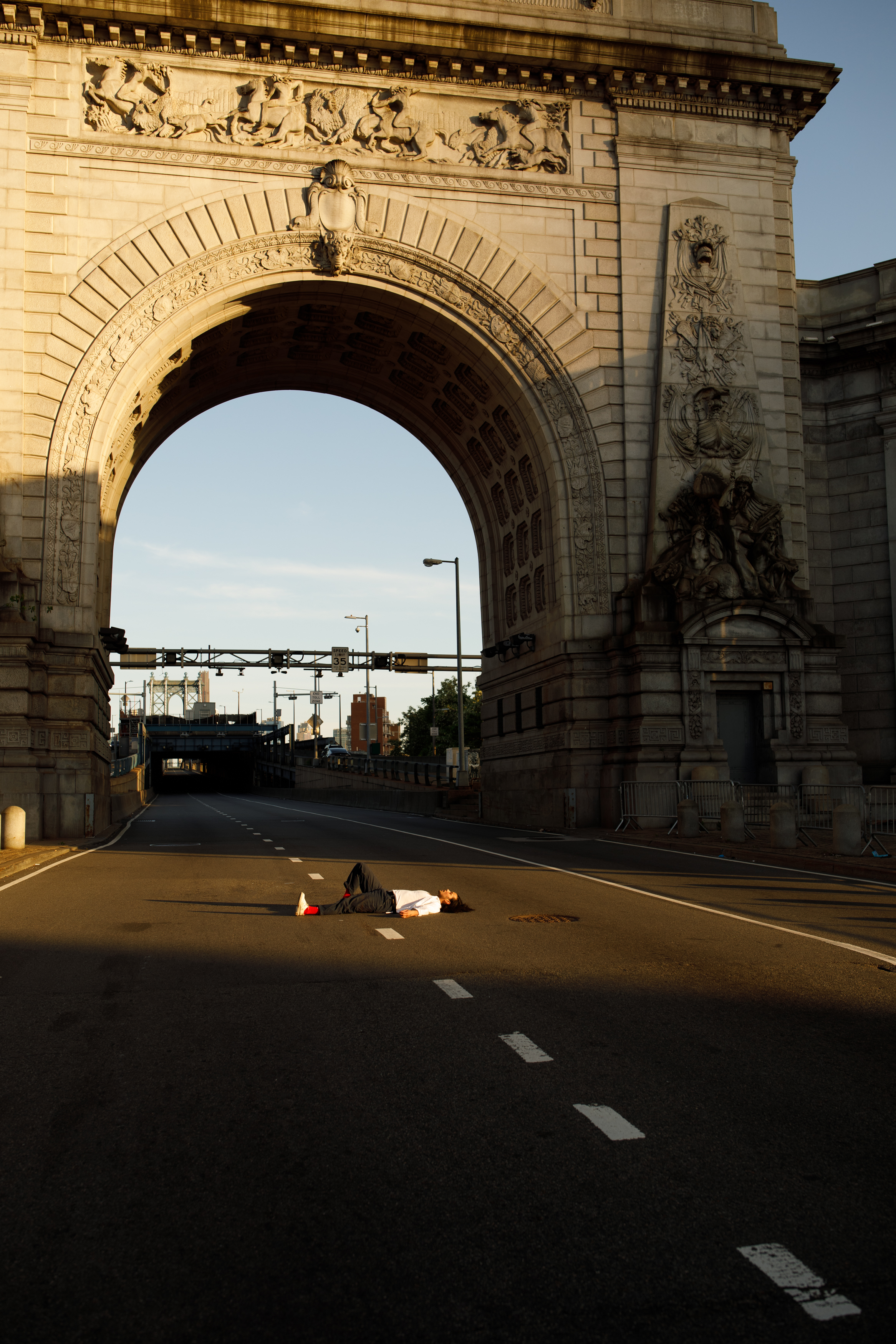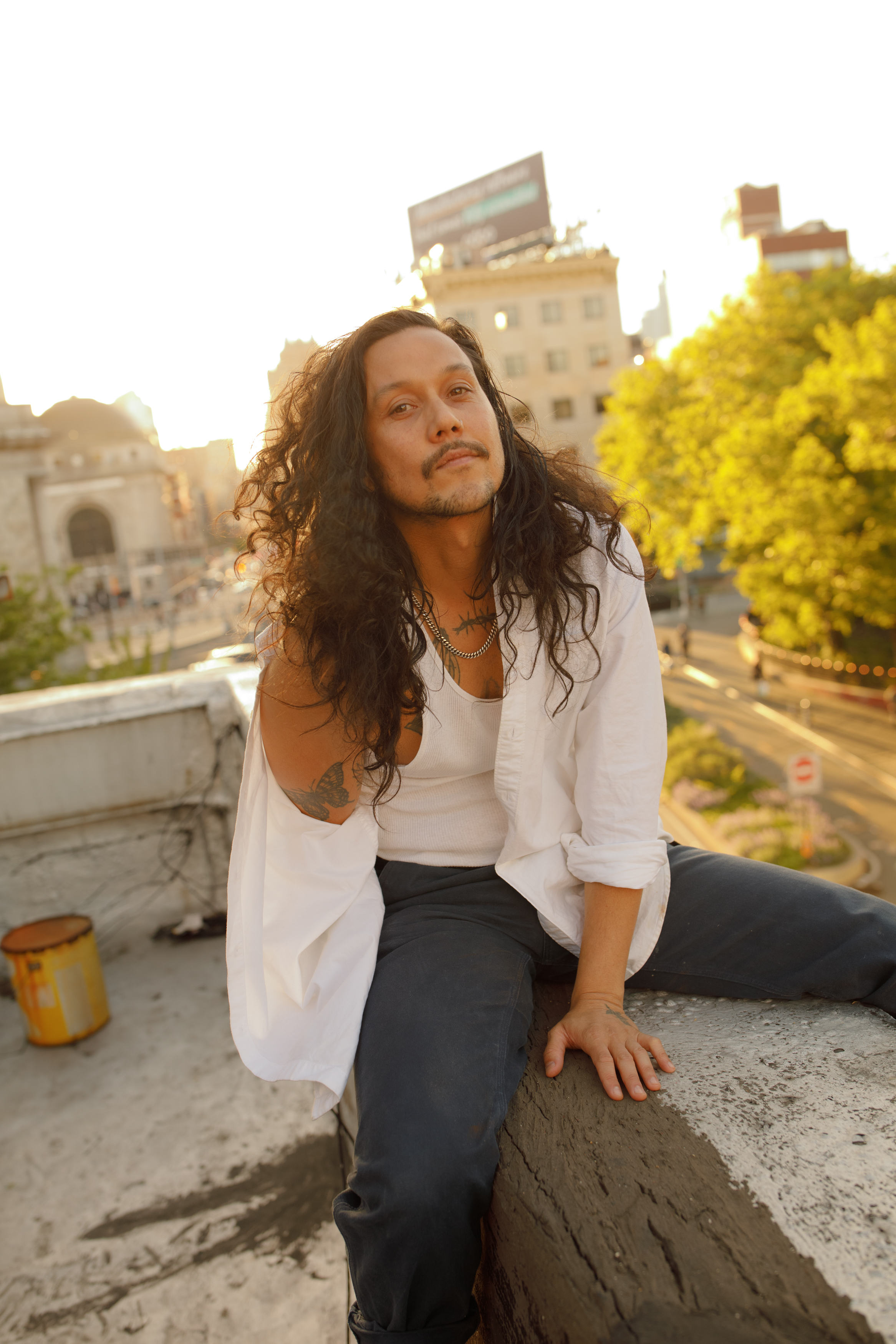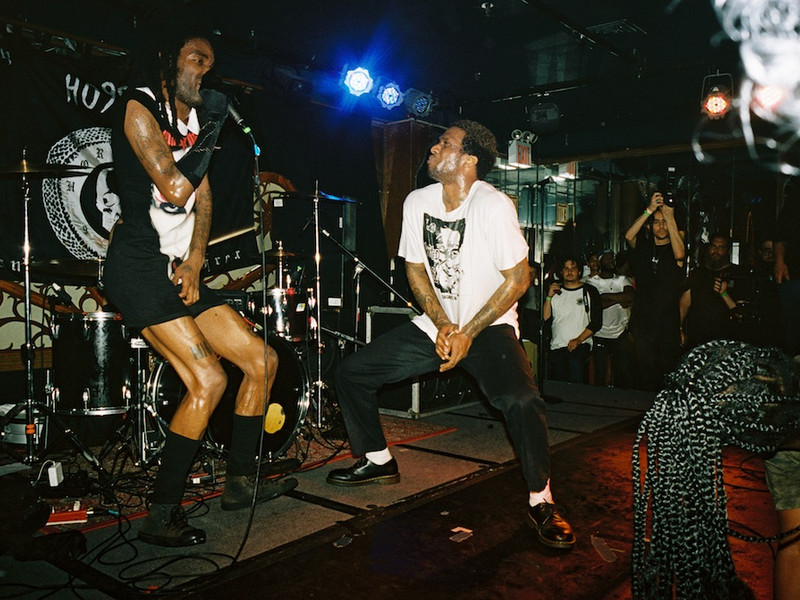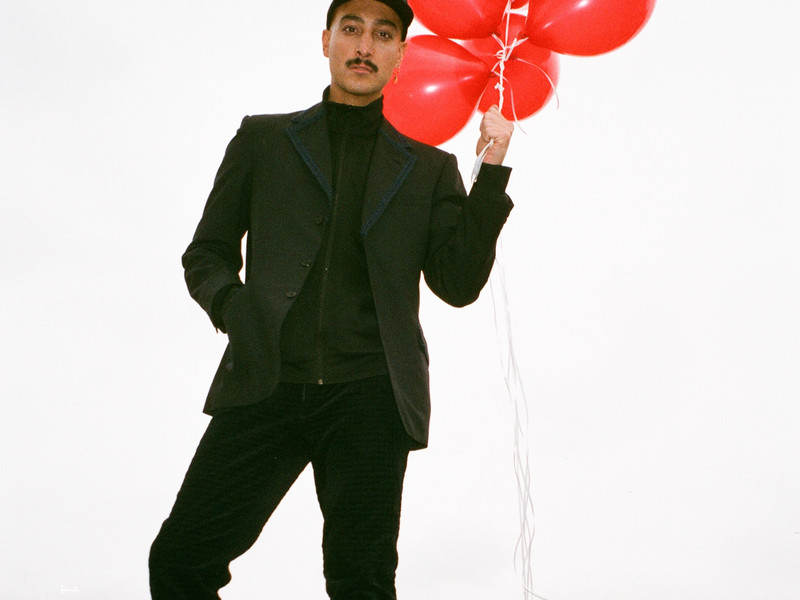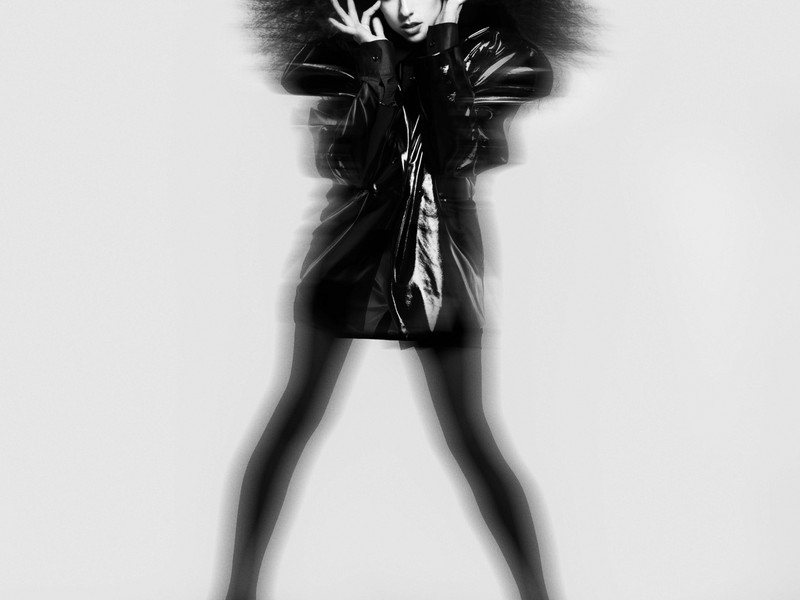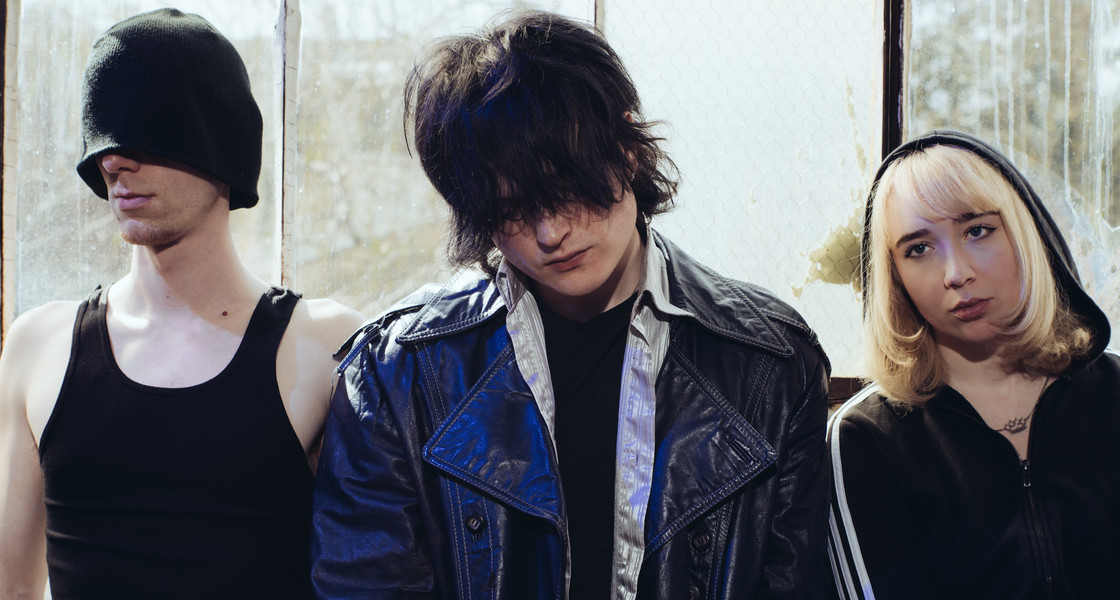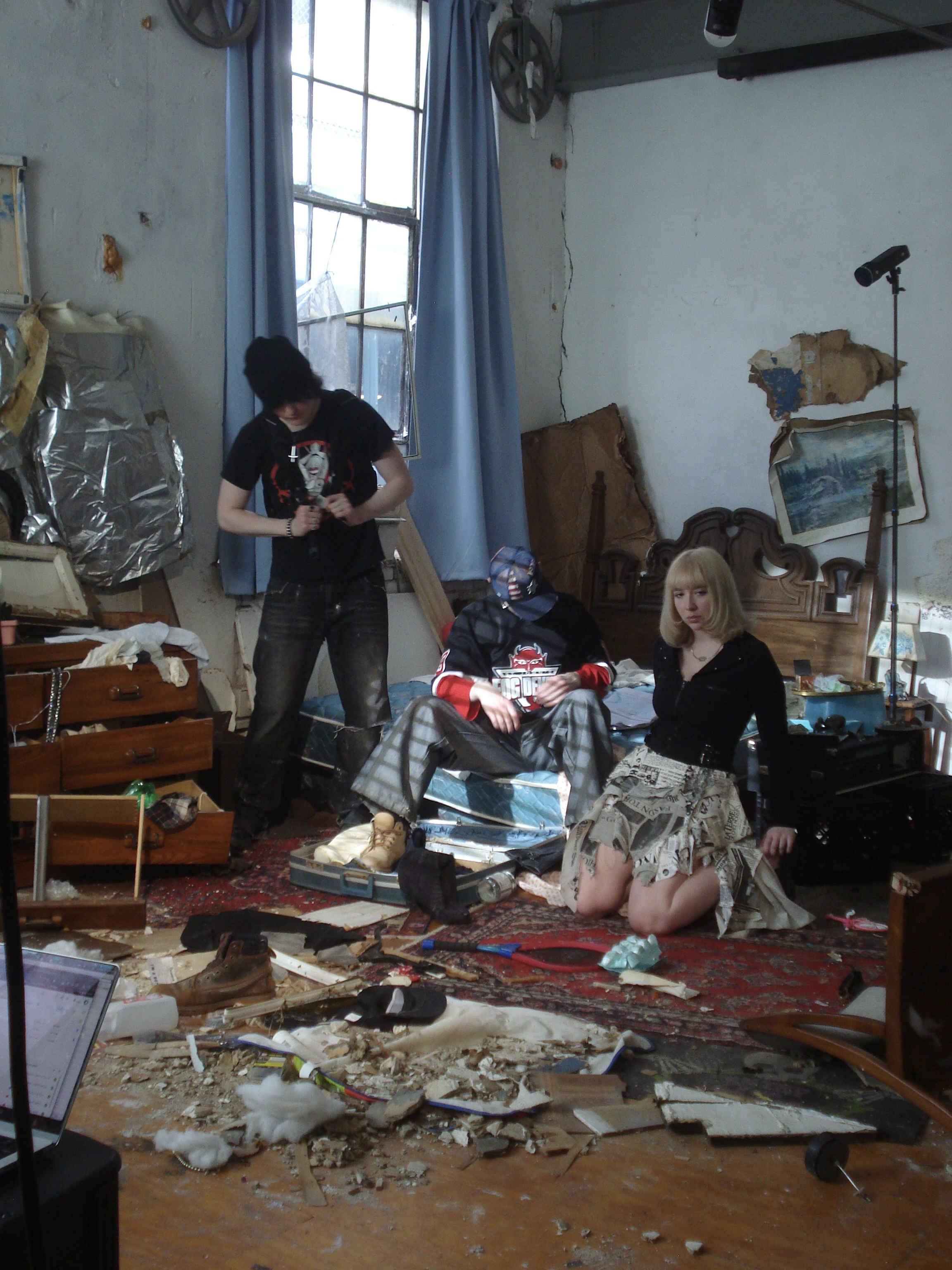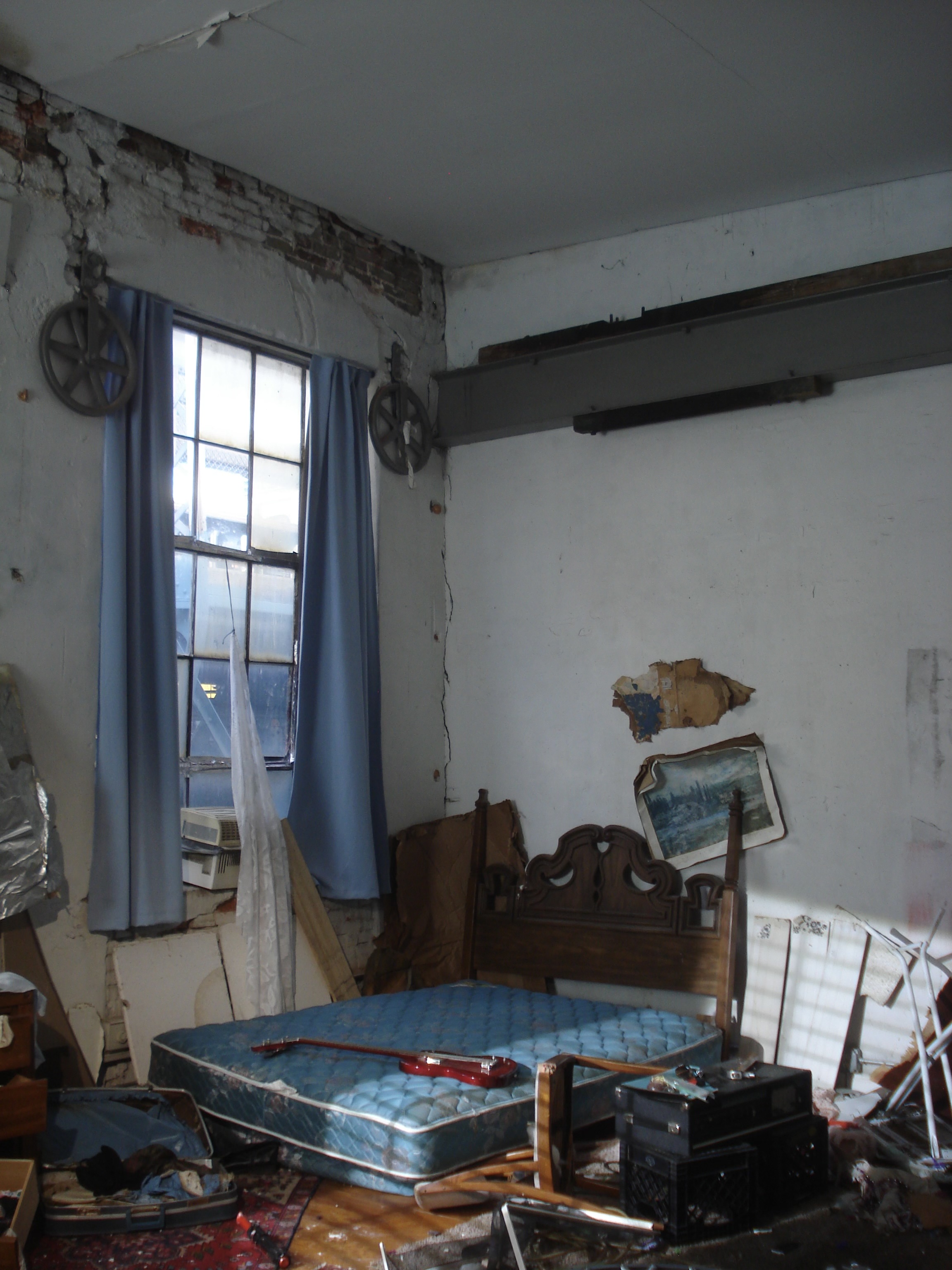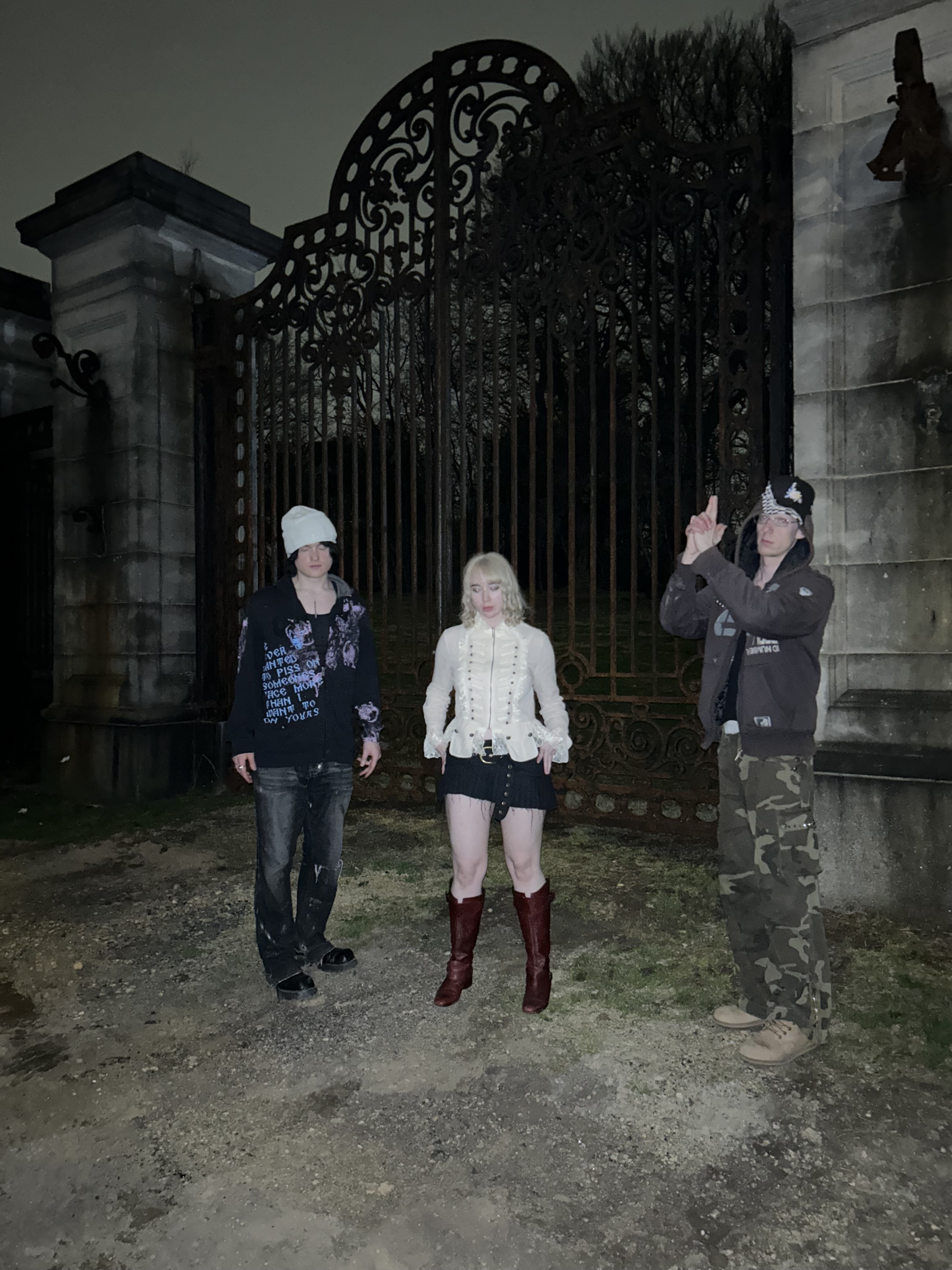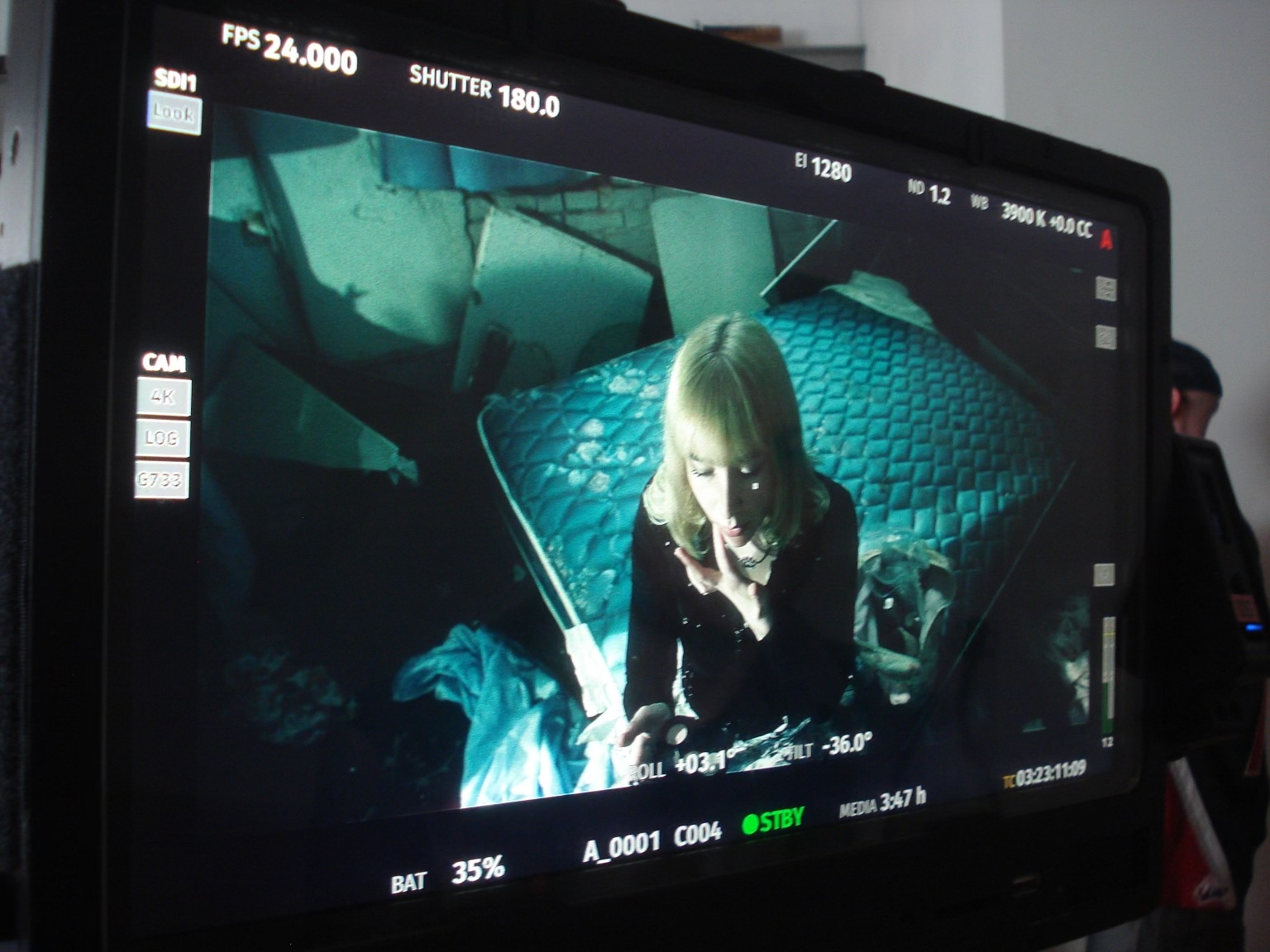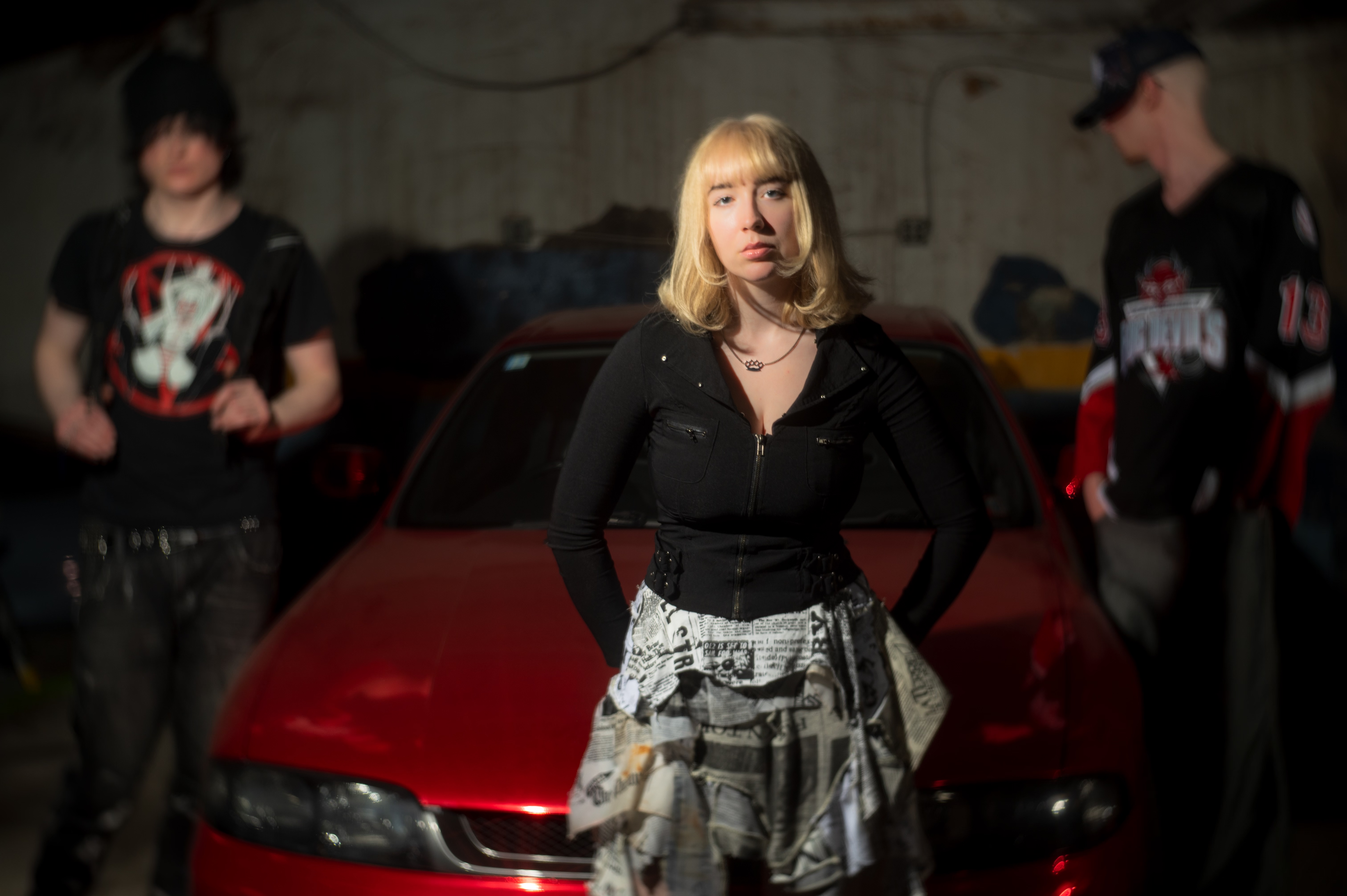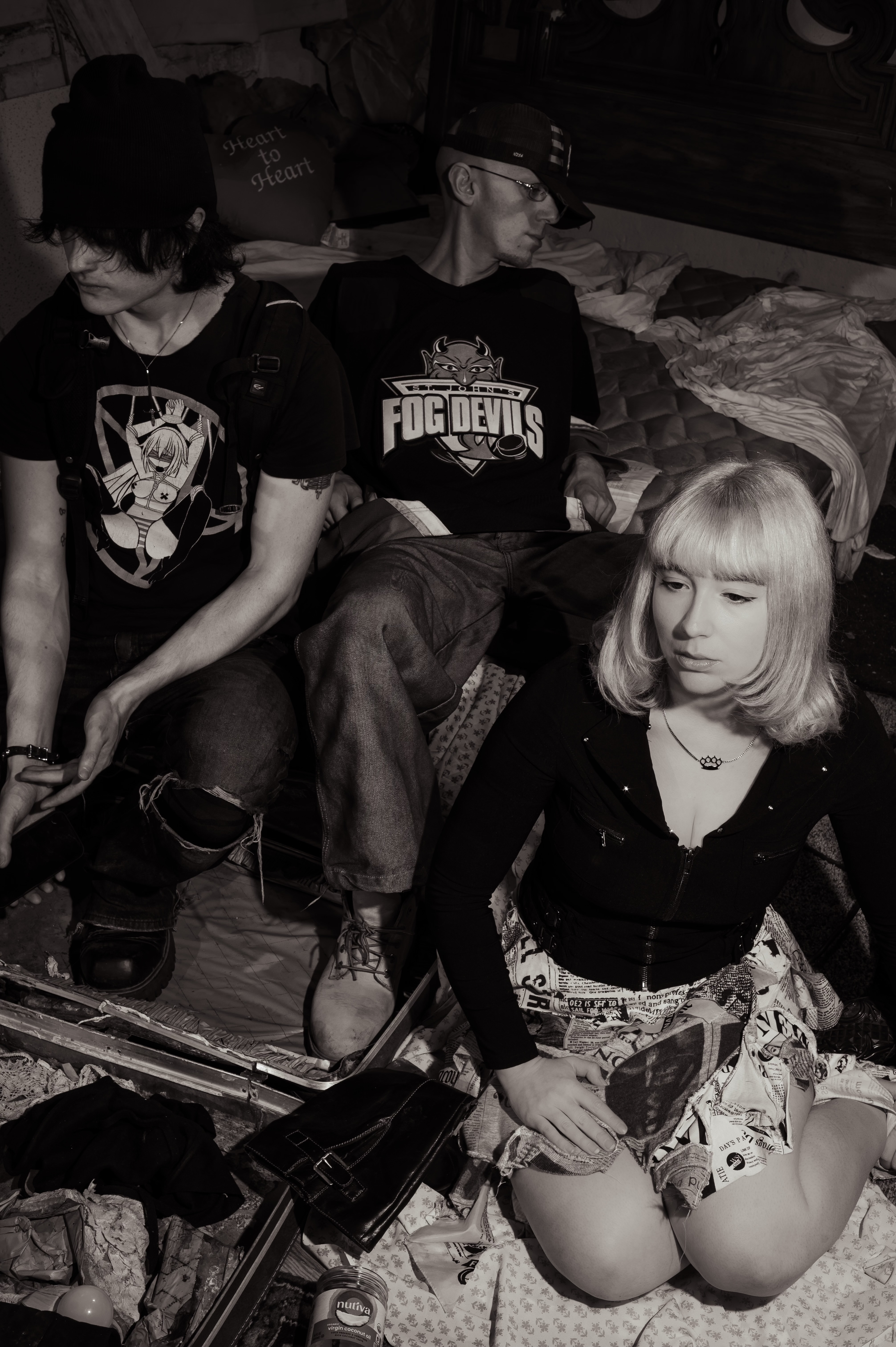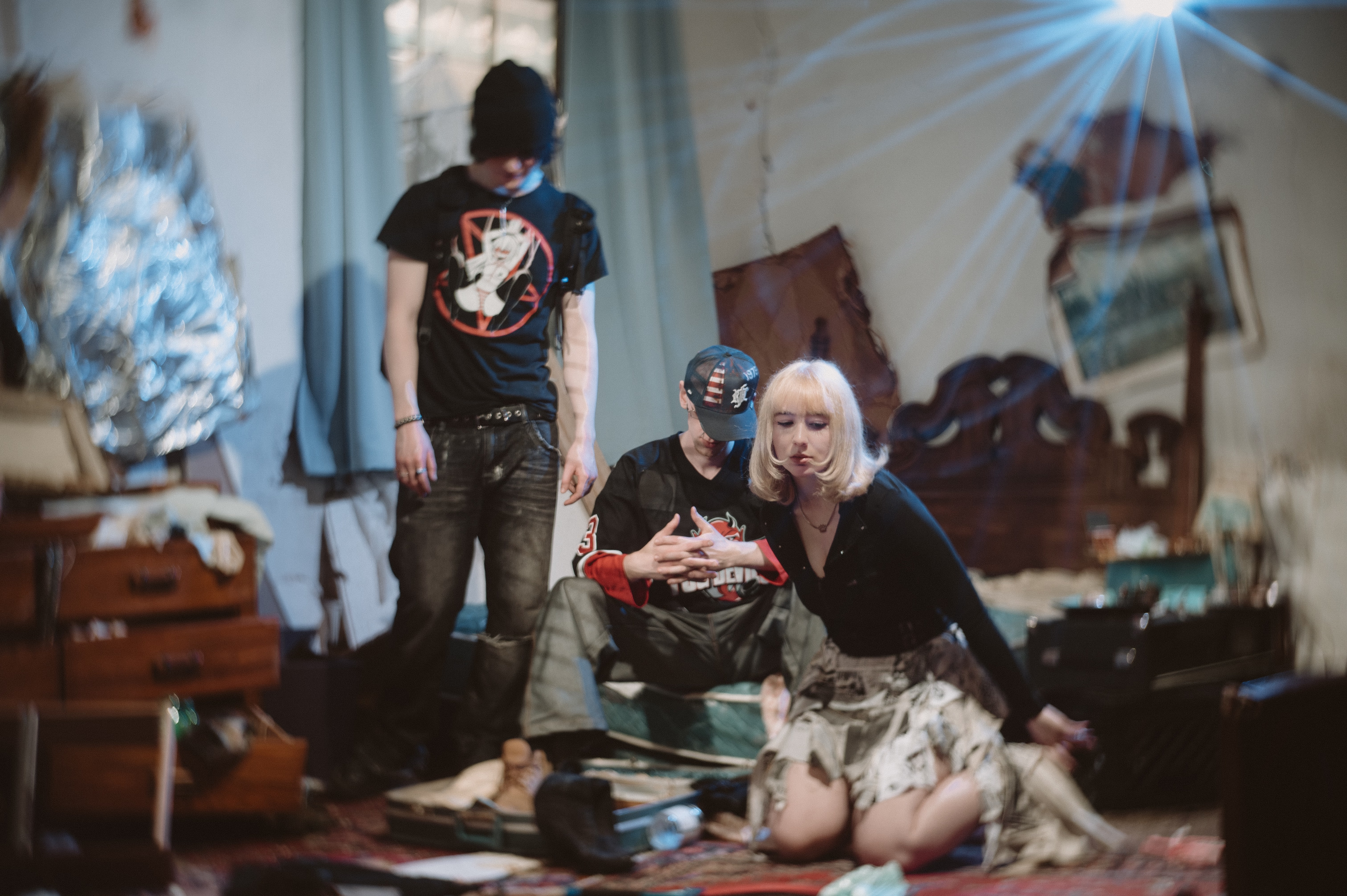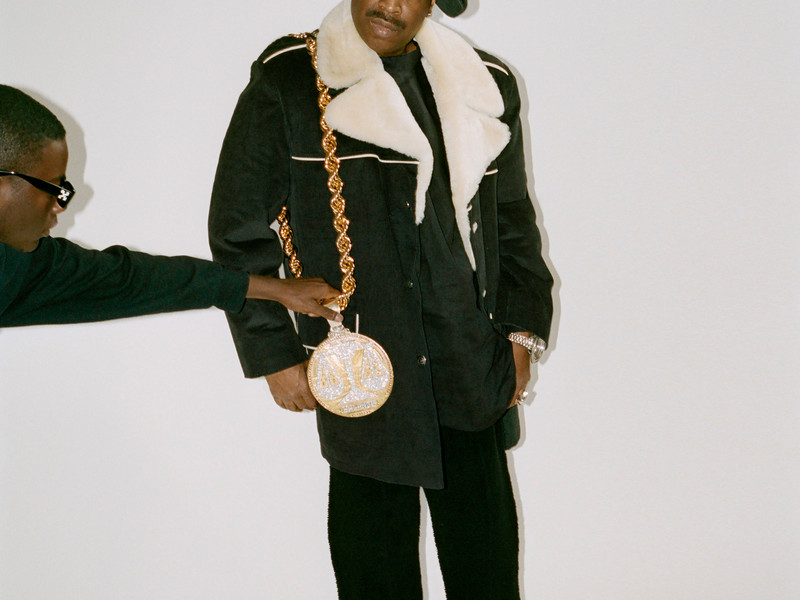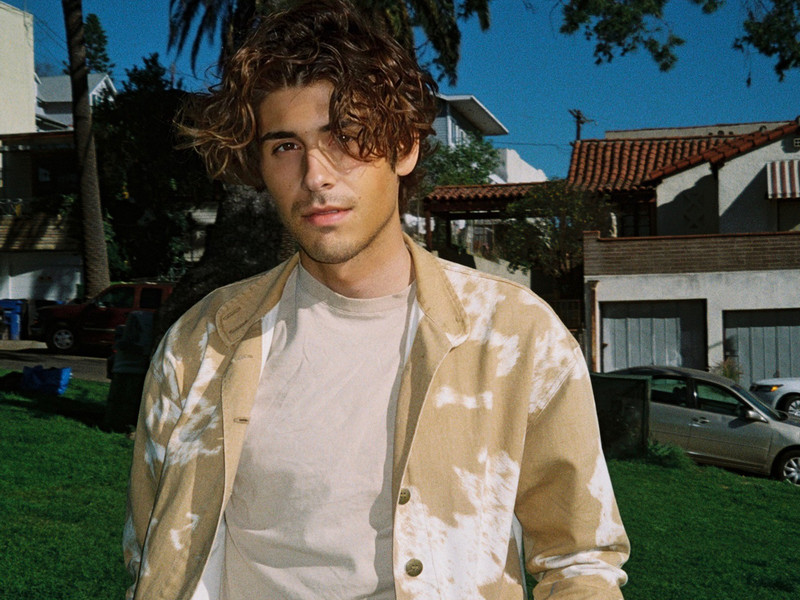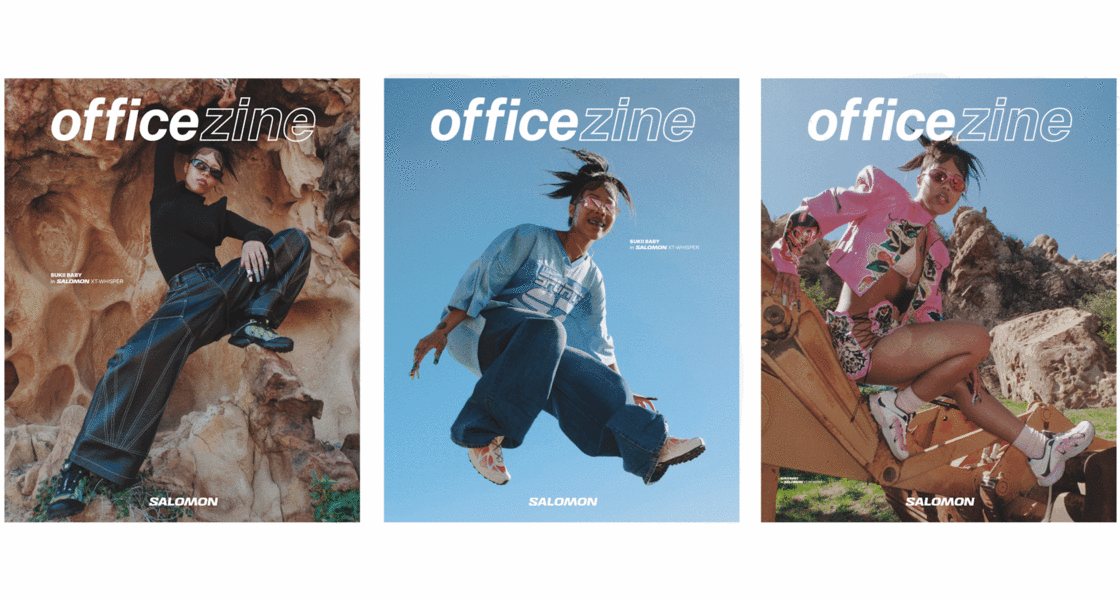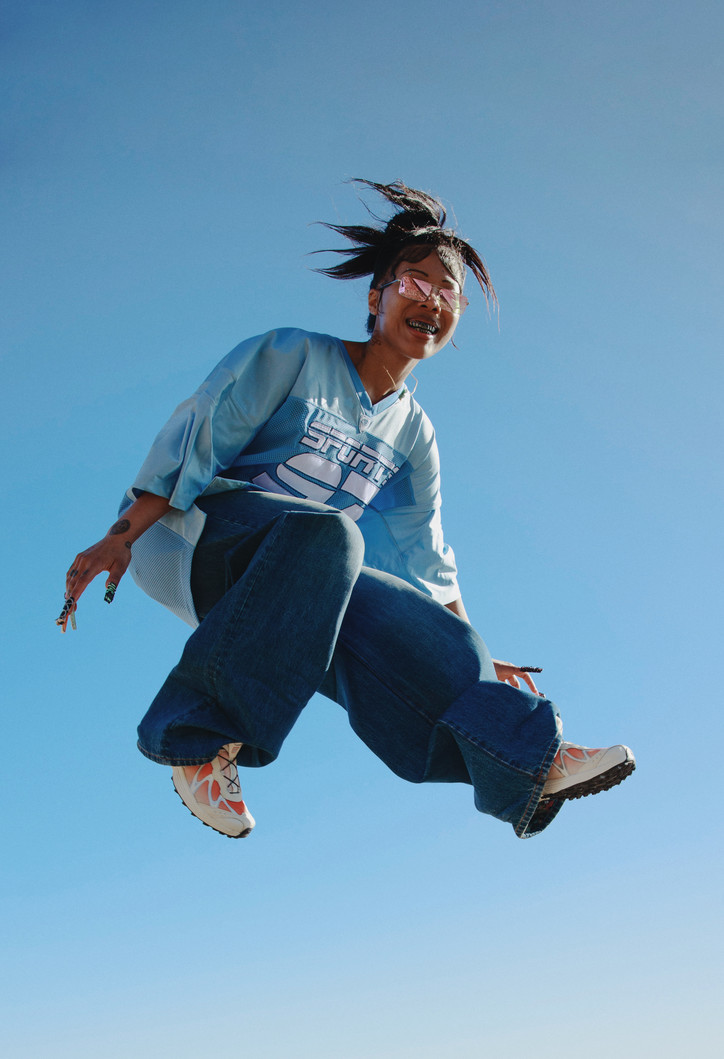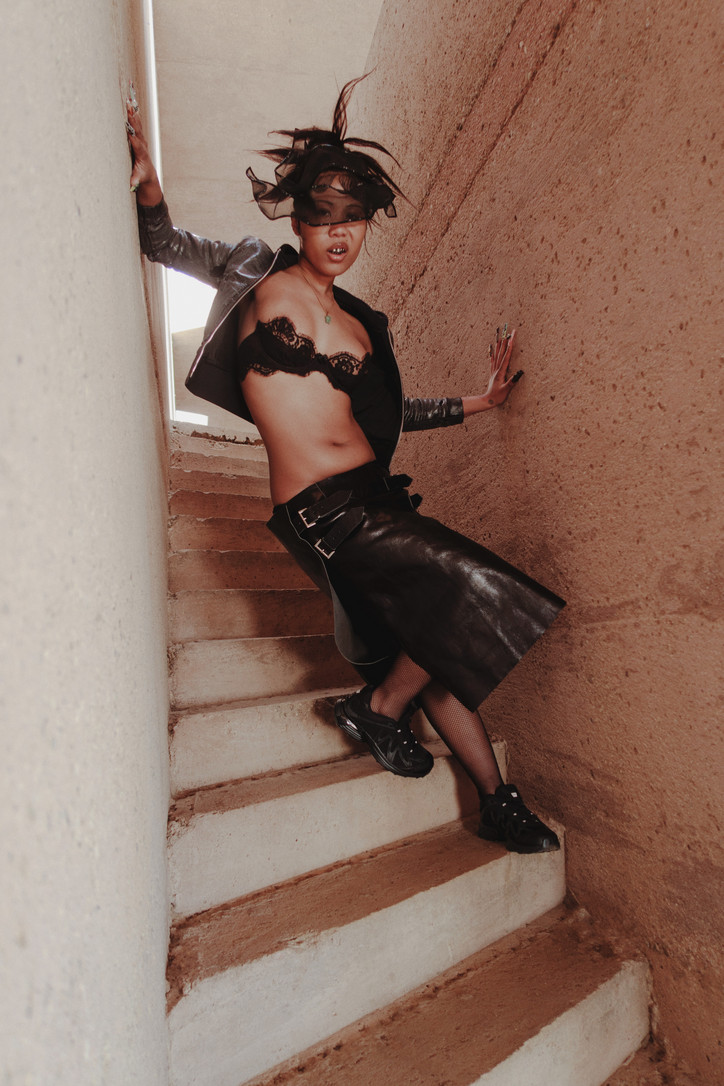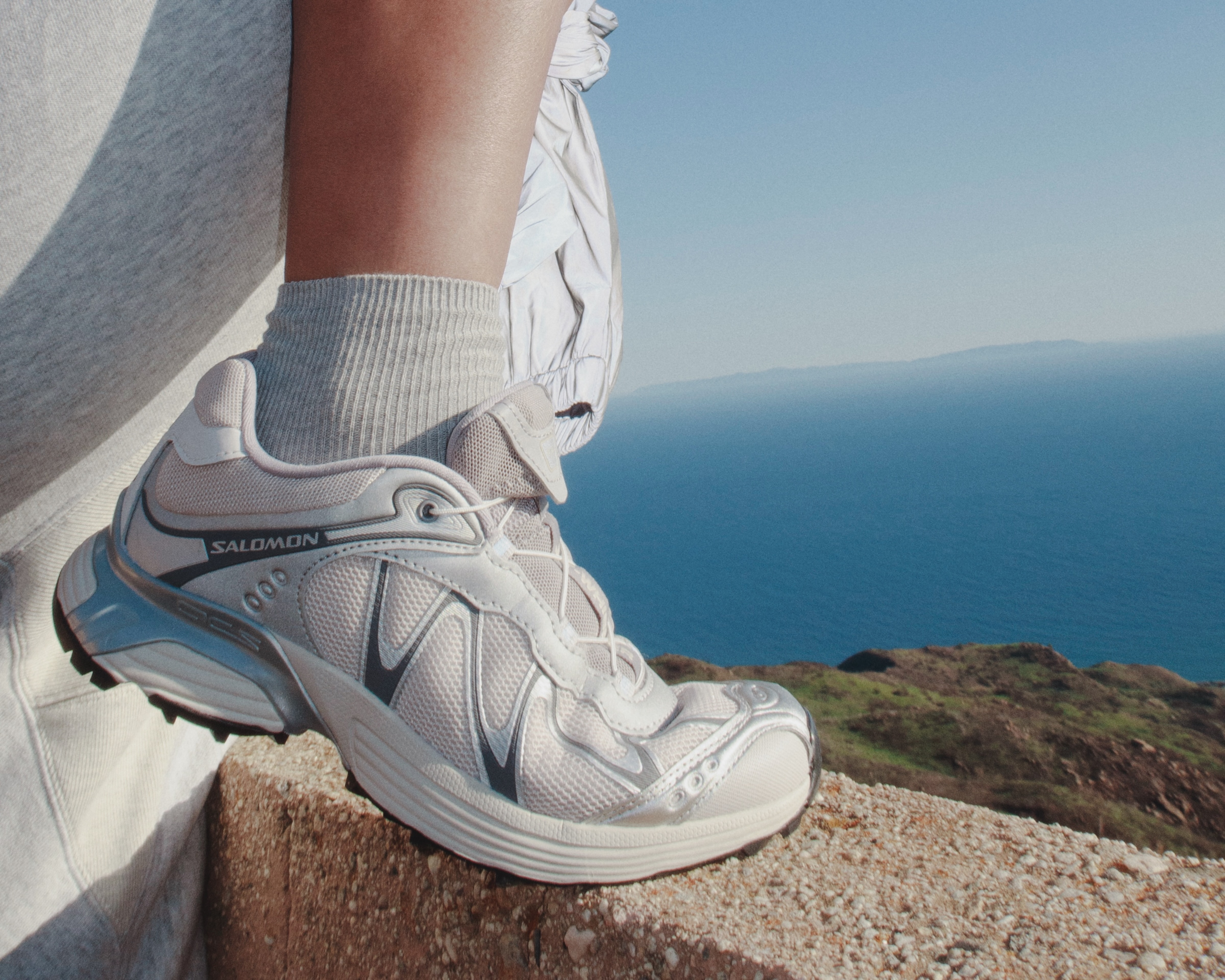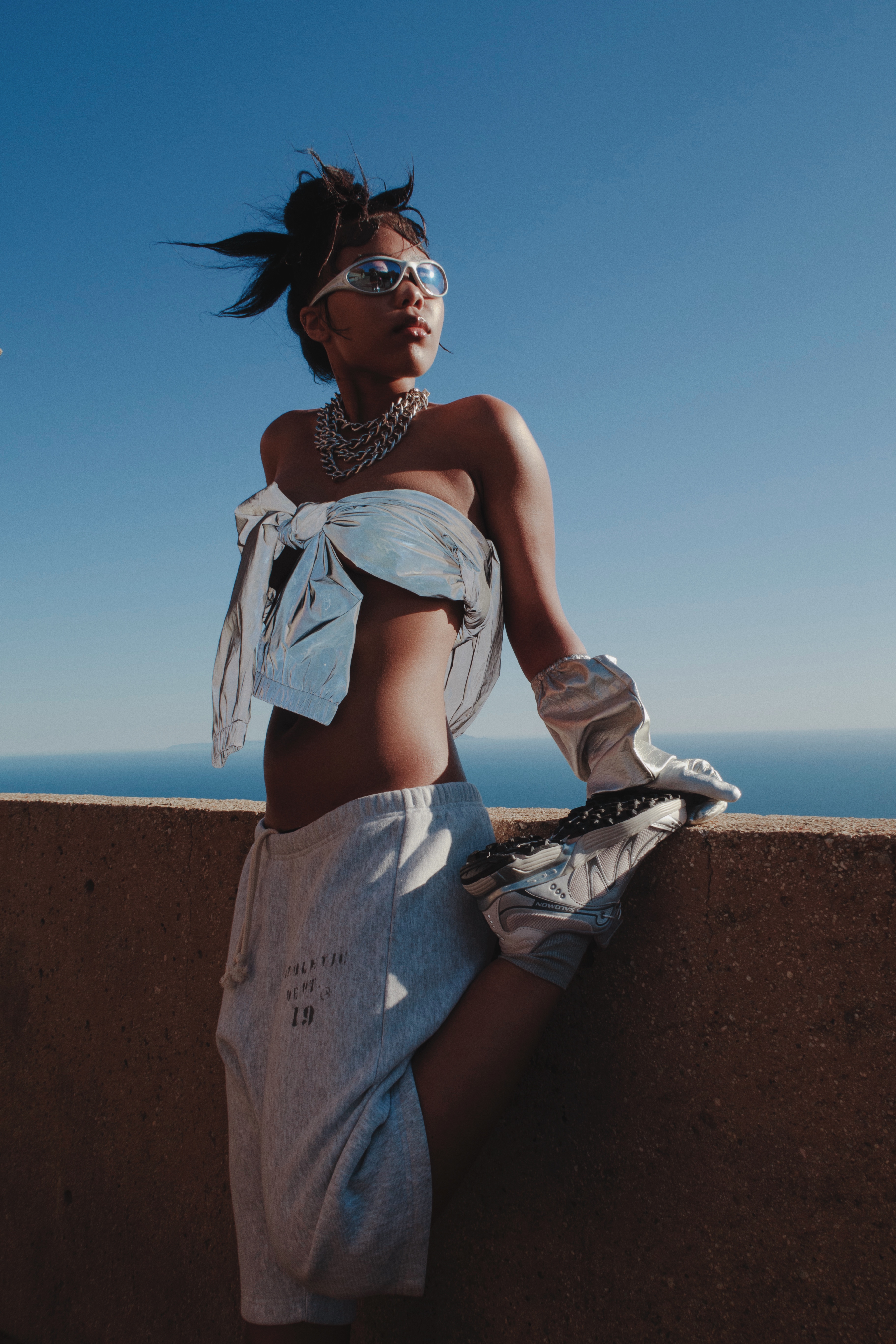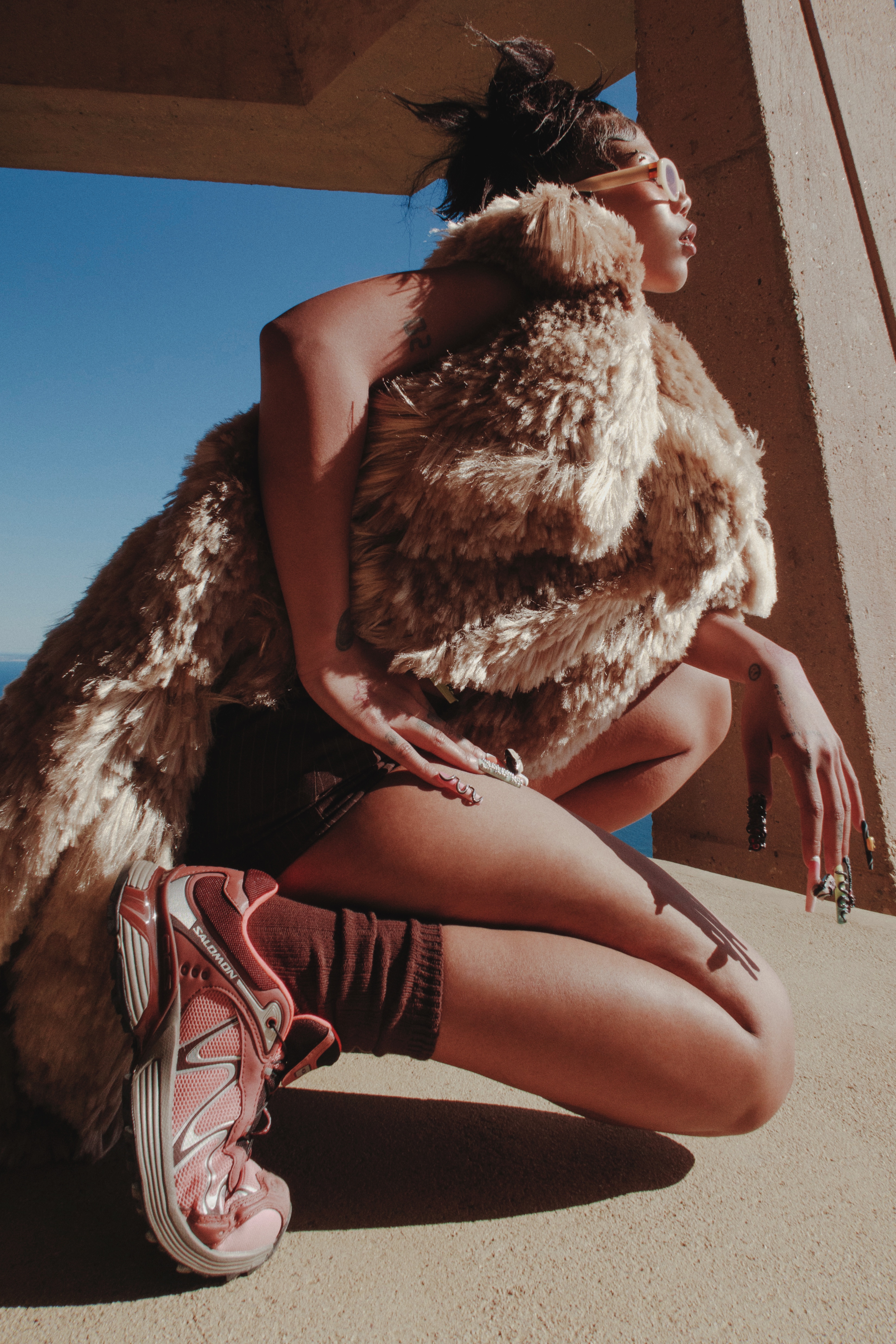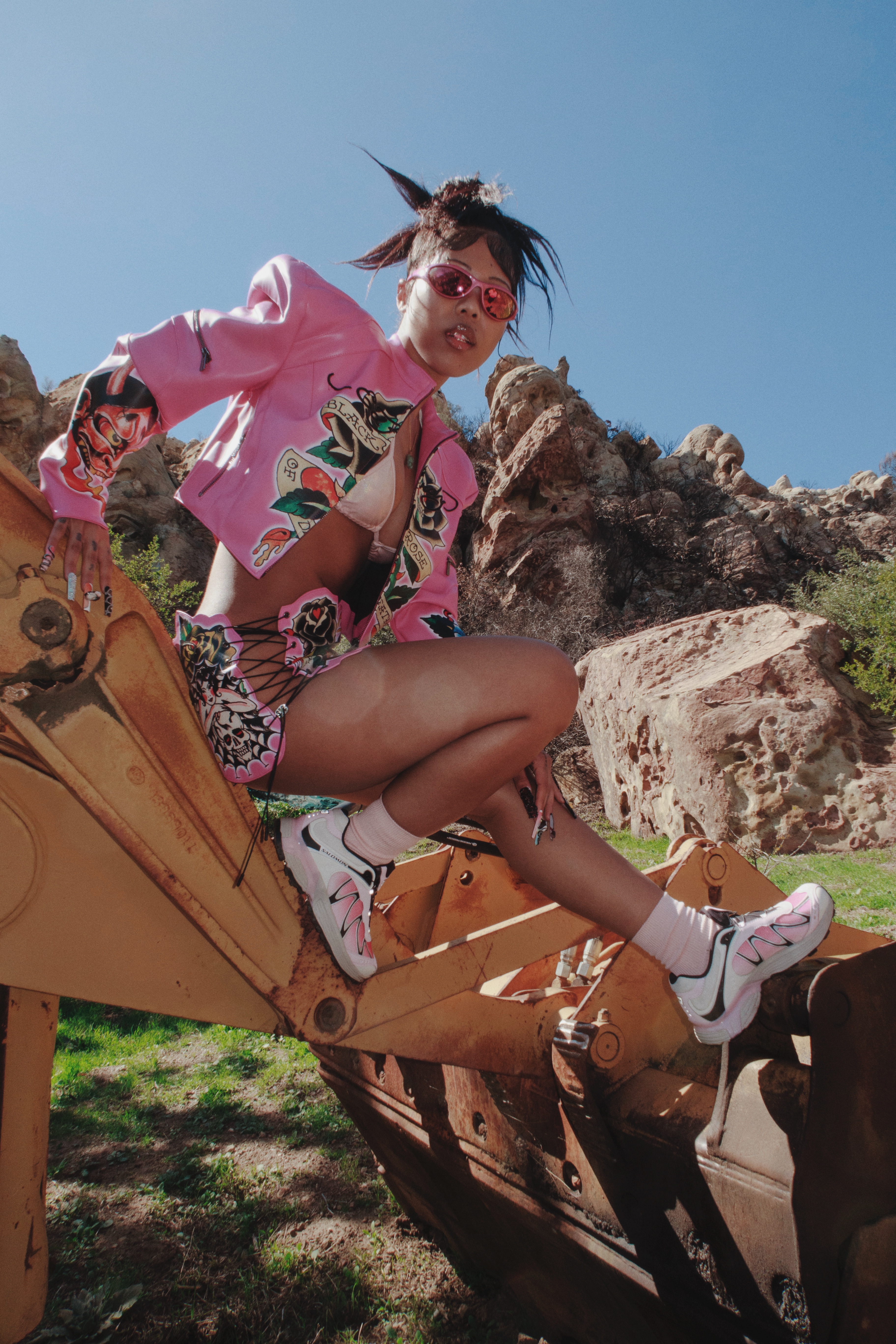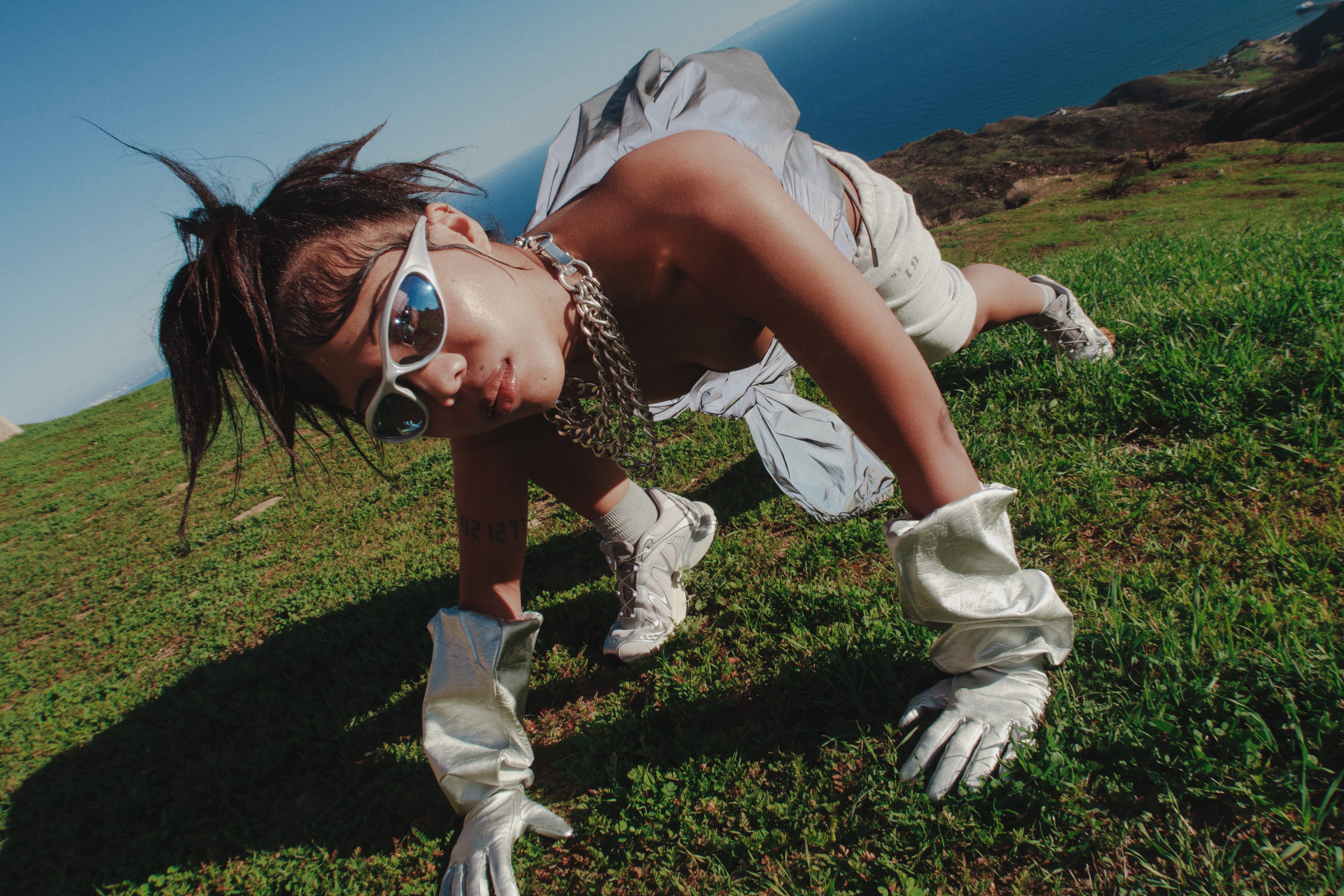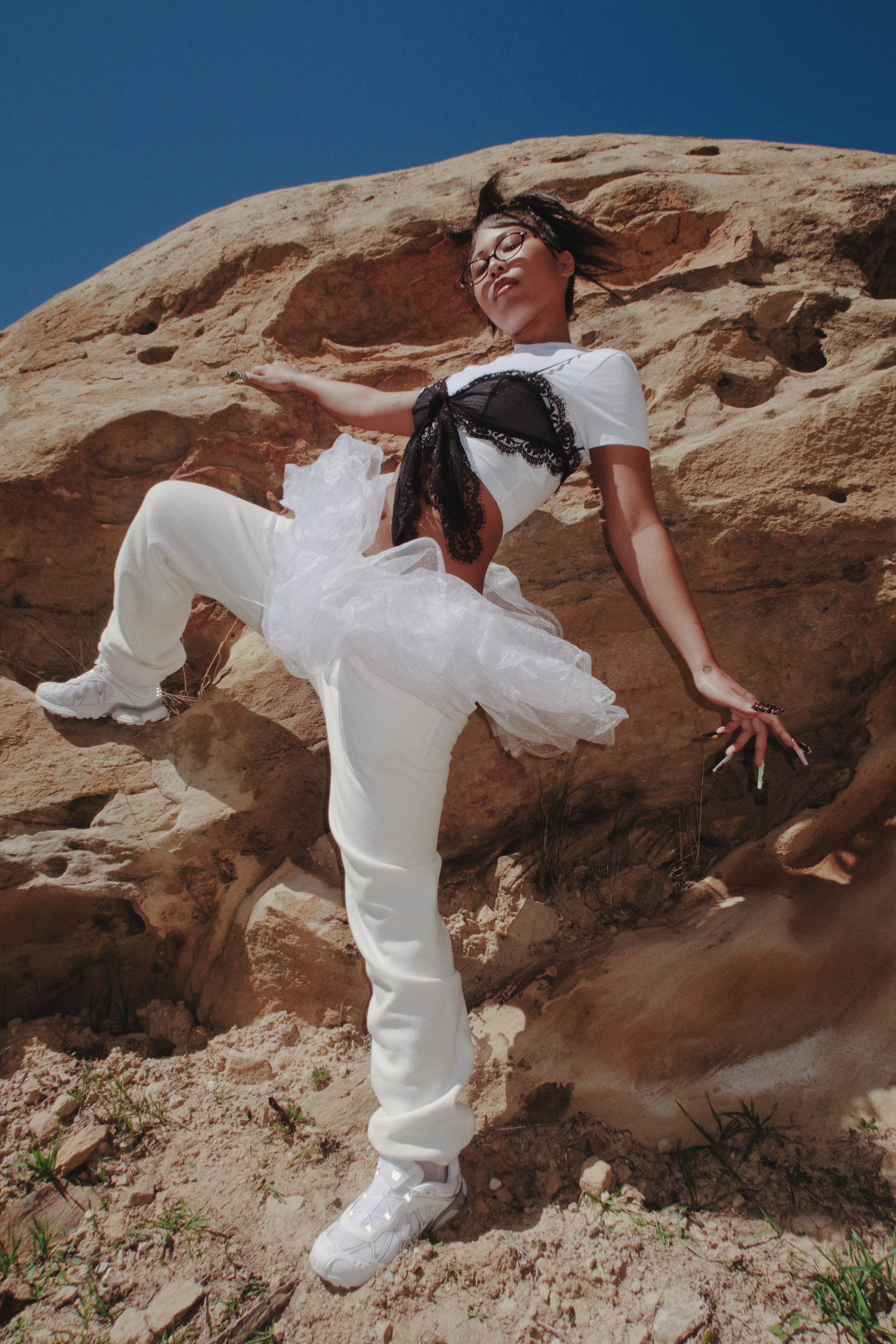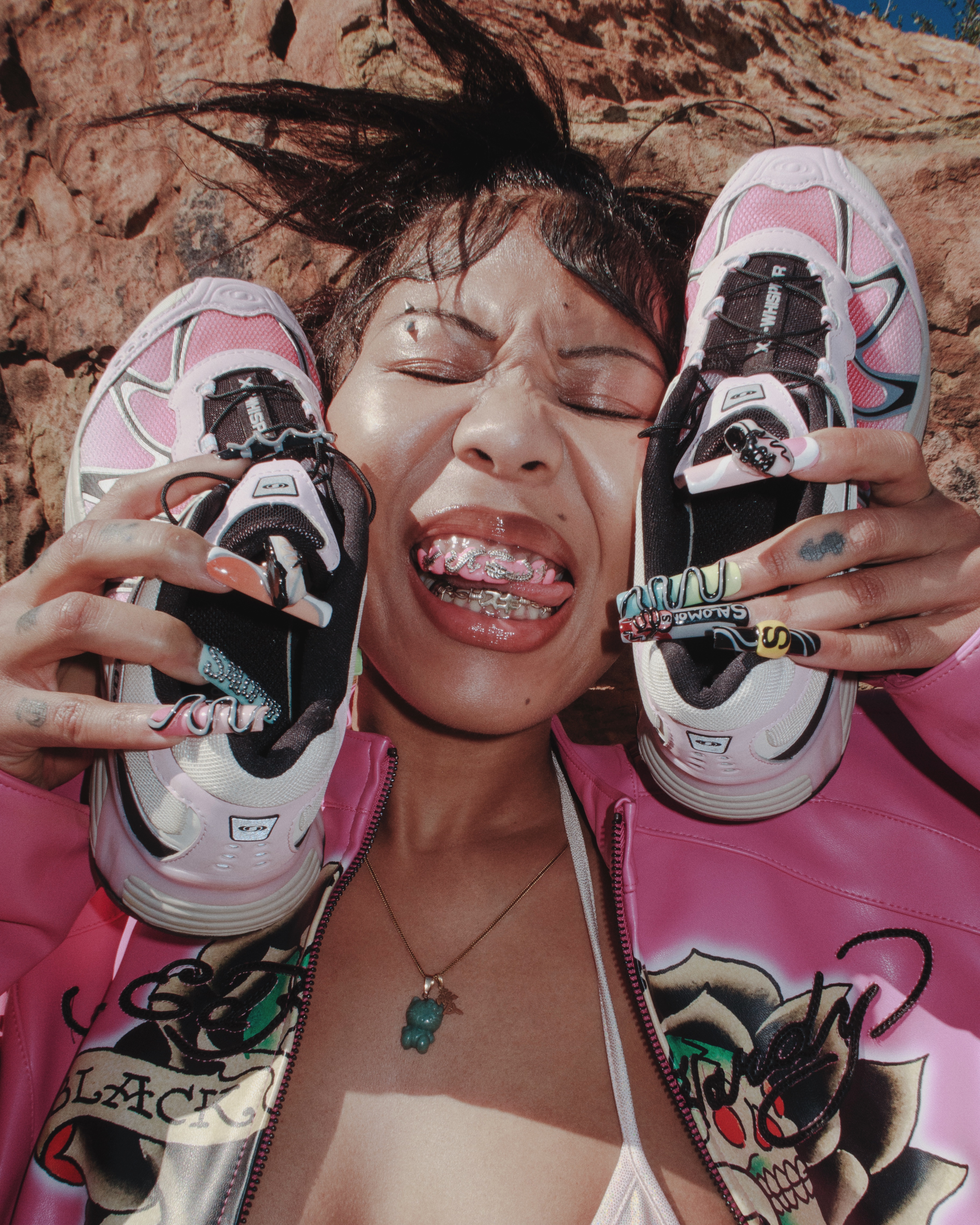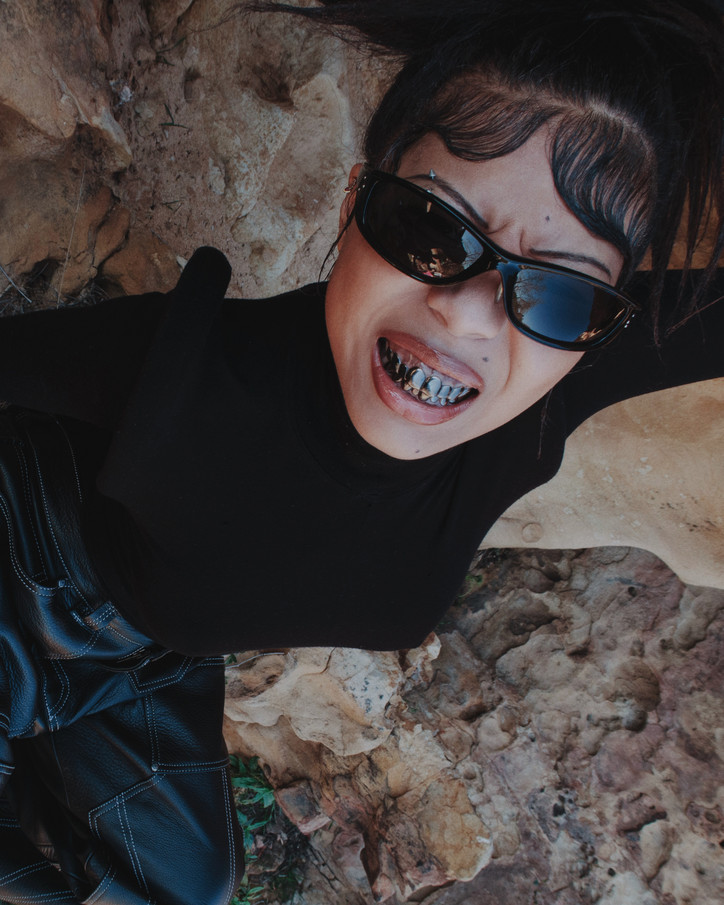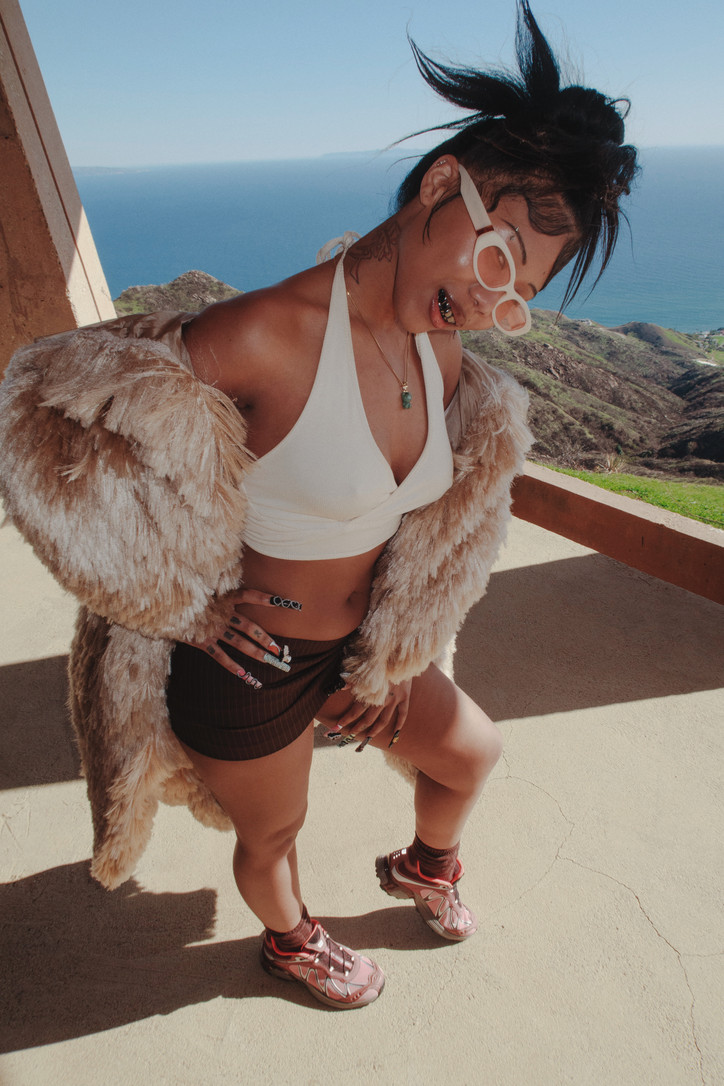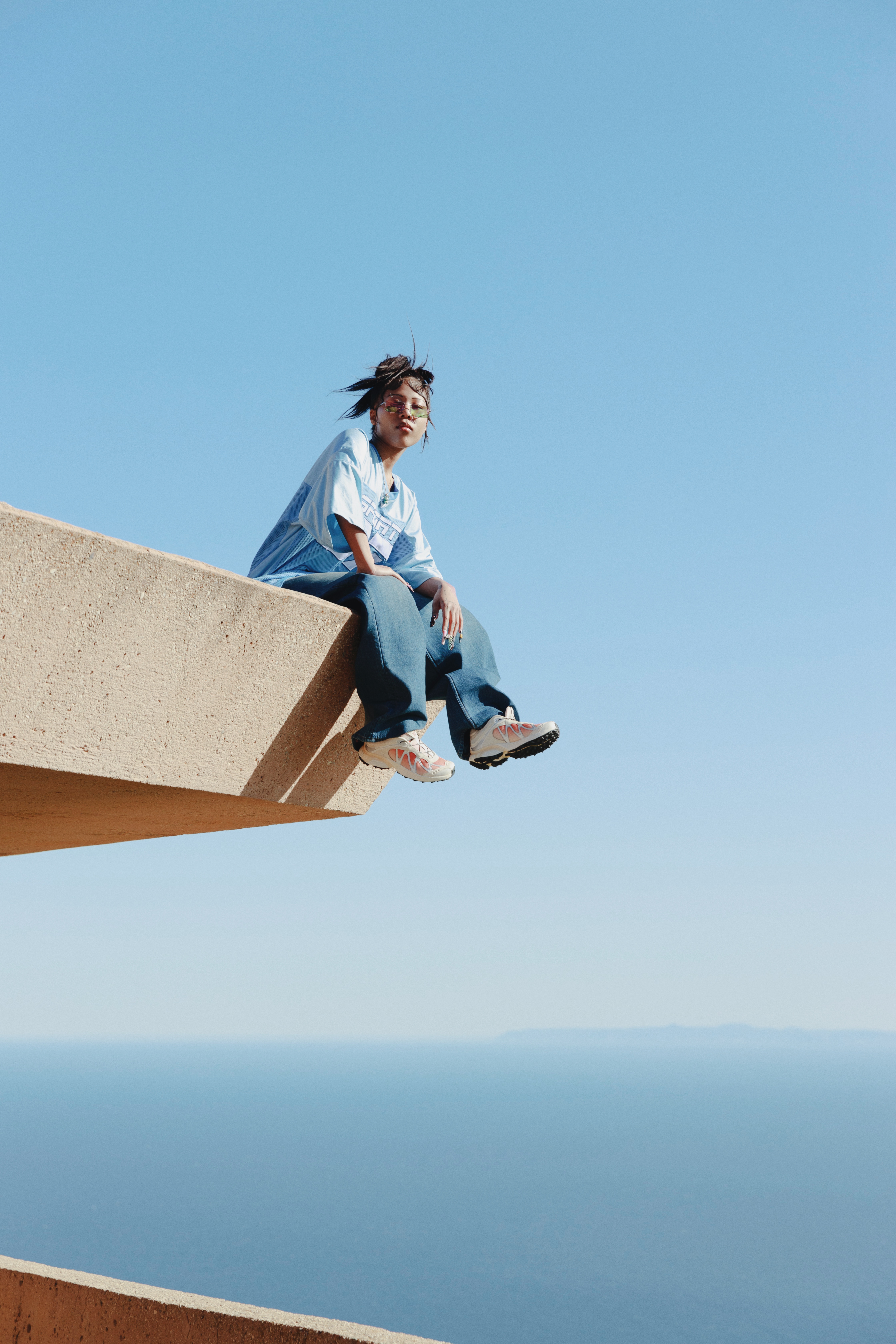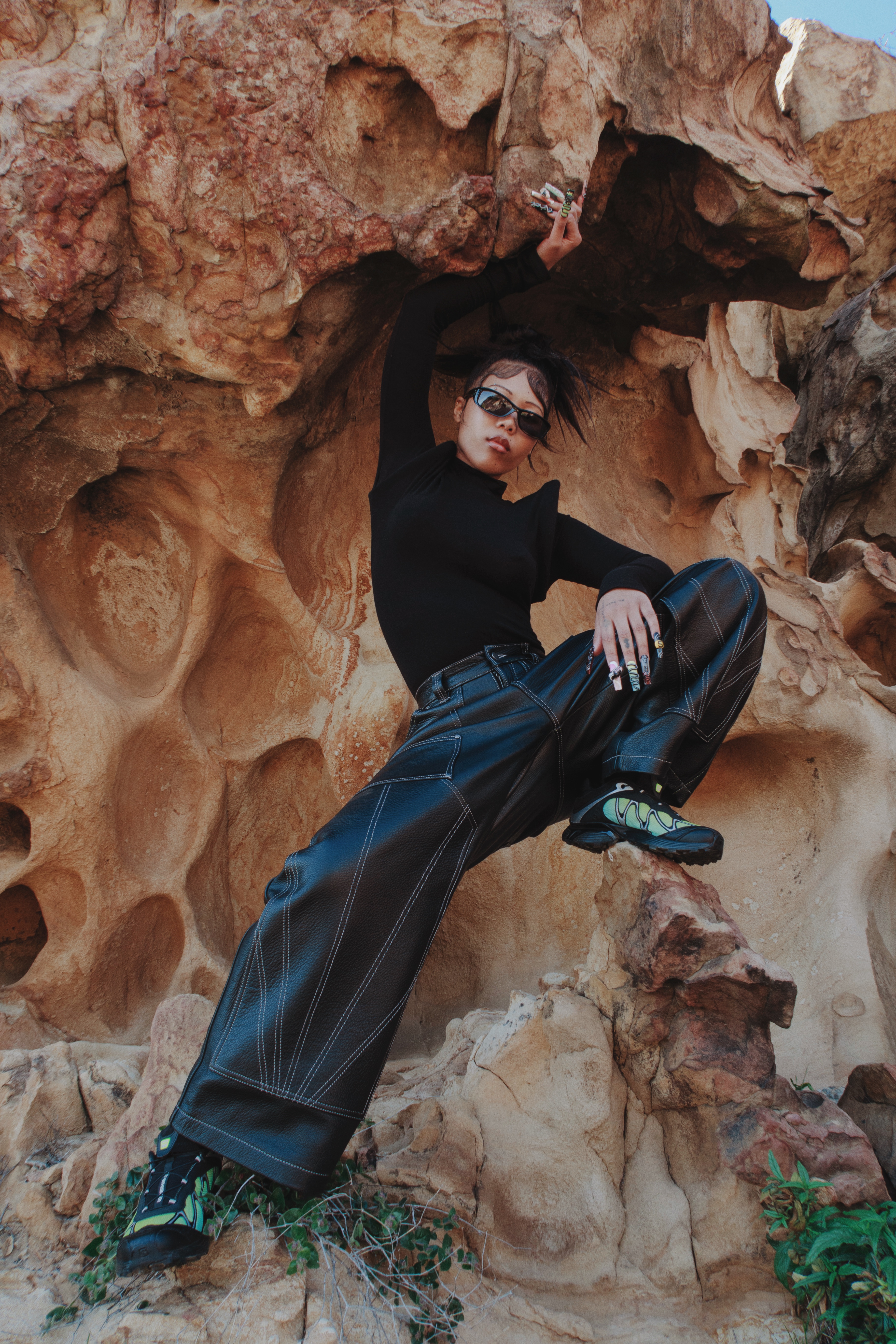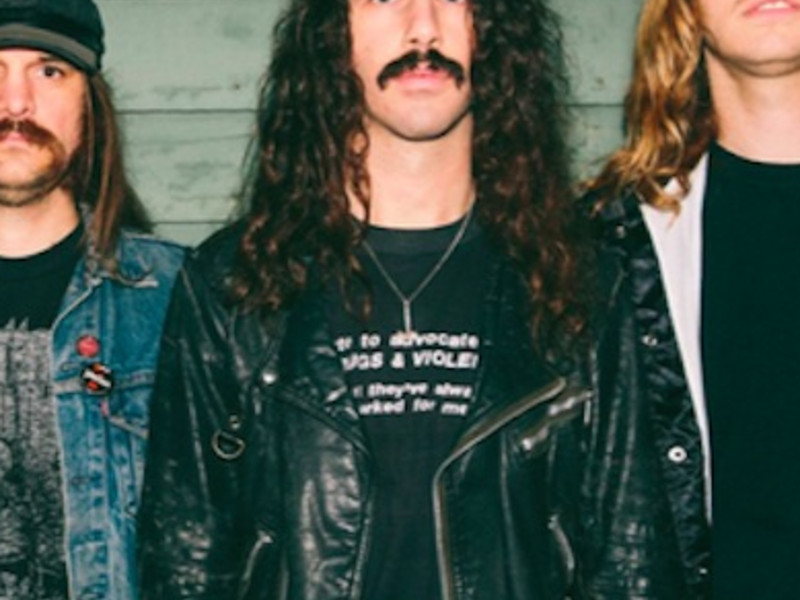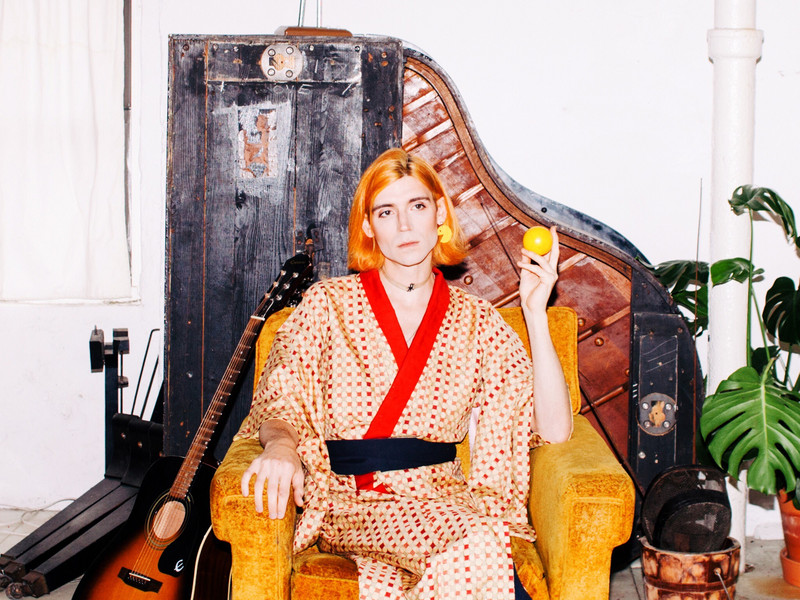In 'Heaven' with The Blaze

Currently on their first North American tour supporting their debut album Dancehall, office snuck backstage before the duo’s show at Knockdown Center in Queens to chat about their work.
You’ve been known for pairing your music with striking videos ever since your first single “Virile” in 2016. Did you always want to have strong visuals as part of what you do?
Yes, of course, since the beginning—it was always very natural. I was in cinema school and Guillaume made some music before that, so it was natural that our paths would cross at some point. Our first work was at the end of my studies—I had to make a music video for my own project and I asked Guillaume to create some music that I could cut anywhere or remix, because I wanted it to fit with the images I had in mind. That was our first collaboration. After that, I went to Guillaume's studio in Dijon, and we started doing more music together. The music started to inspire some images and stories, so naturally we said, ‘Okay let's do some music videos’ with the music that we love.
So, your music and visual collaboration was like that from the jump?
Yes, it was always video and music at the same time. We love that we have the capacity to work with both aspects of media—imagining the images and the music at the same time.
Do you usually think of a song first or the visual concept?
We can begin with a sound or begin with a video—there’s really no rules. We just go into our studio—in our bubble—and just try to let things come naturally.
Is one aspect of a project ever finished before the other?
No, never one before the other. When we make a video, we continue working on it, and on the music, until we know ‘Okay, now it’s finished’ because all of the images fit with the song. We never finish a song and say, ‘Oh now we’ll make a video.’ We’ll have the beginning of sound and say, ‘Let’s make images to go with that,’ and then we keep going.
Your music videos have been viewed millions of times and won a lot of awards. Why do you think so many different people can identify with your projects?
We put a lot of personal stuff into the stories we write—we want it to be universal each time. Take “Queens” for example; we don’t know if the two girls are sisters, or they’re cousins or they’re together as a couple. We don’t really want to tell the truth—it’s up to the audience to imagine their own story. That’s the first thing. The second is that we really try to be sincere with the emotions that we’re sharing, by adding a lot of personal stuff. In “Territory” when the main character beats on his chest—that’s something that my brother did when he was playing with his child, so we said, ‘Okay, there’s something interesting about filming a guy doing the gorilla,’ and it’s something that happened in real life. Also, the whole idea of the guy returning back to his family—it’s very sincere and people can feel that sincerity and depth of emotion. Emotion is universal. We talk about dancing, crying, smiling—all of these strong feelings passing through your heart or your mind. It’s how you reach other humans, because we’re all the same in the end.
The beginning of your first video, “Virile,” features a quote by Nat King Cole: “You call it madness, I call it Love." Why’d you choose that quote?
We included that quote because, for us, Nat King Cole is a huge musician and we wanted a quote from a musician. Once again we’re talking about love in that music video, but it’s love with a capital ‘L.’ We put the story to the music, but we didn’t want to specify if the two guys are together or if they’re friends. It’s up to people to imagine whatever they want.
It’s a perfect precursor to your output so far. That sentiment, at least to me, carries through everything you’ve done as The Blaze. Are there any musicians you’re particularly influenced by outside of Nat King Cole?
We’re influenced by a lot of musicians because we listen to all kinds of music—from classical to hip-hop, to electro, of course, and reggae. The important thing for us is to find emotion in the music. When the music gives off emotion we don’t care about the genre—we can hear it and it inspires us.
You guys shot the video for “Territory” on location in Algeria and “Heaven” in Cape Town. Are there any other locations you’re eager to work in?
We don’t specifically choose many of the locations we work in. First, we have a story that we imagine, then we find the location. We don’t like people to really know where they’re filmed because it’s hard to be universal if people are like, ‘Okay this is South Africa. This is a story about South Africa,’ because the story is really about the whole planet. So, “Heaven” was shot in South Africa, but it could just as well be in France. When we wanted to shoot the video it was winter in France and we needed to find a big tree, so we did a casting of trees all around the world before finding the perfect one in South Africa.
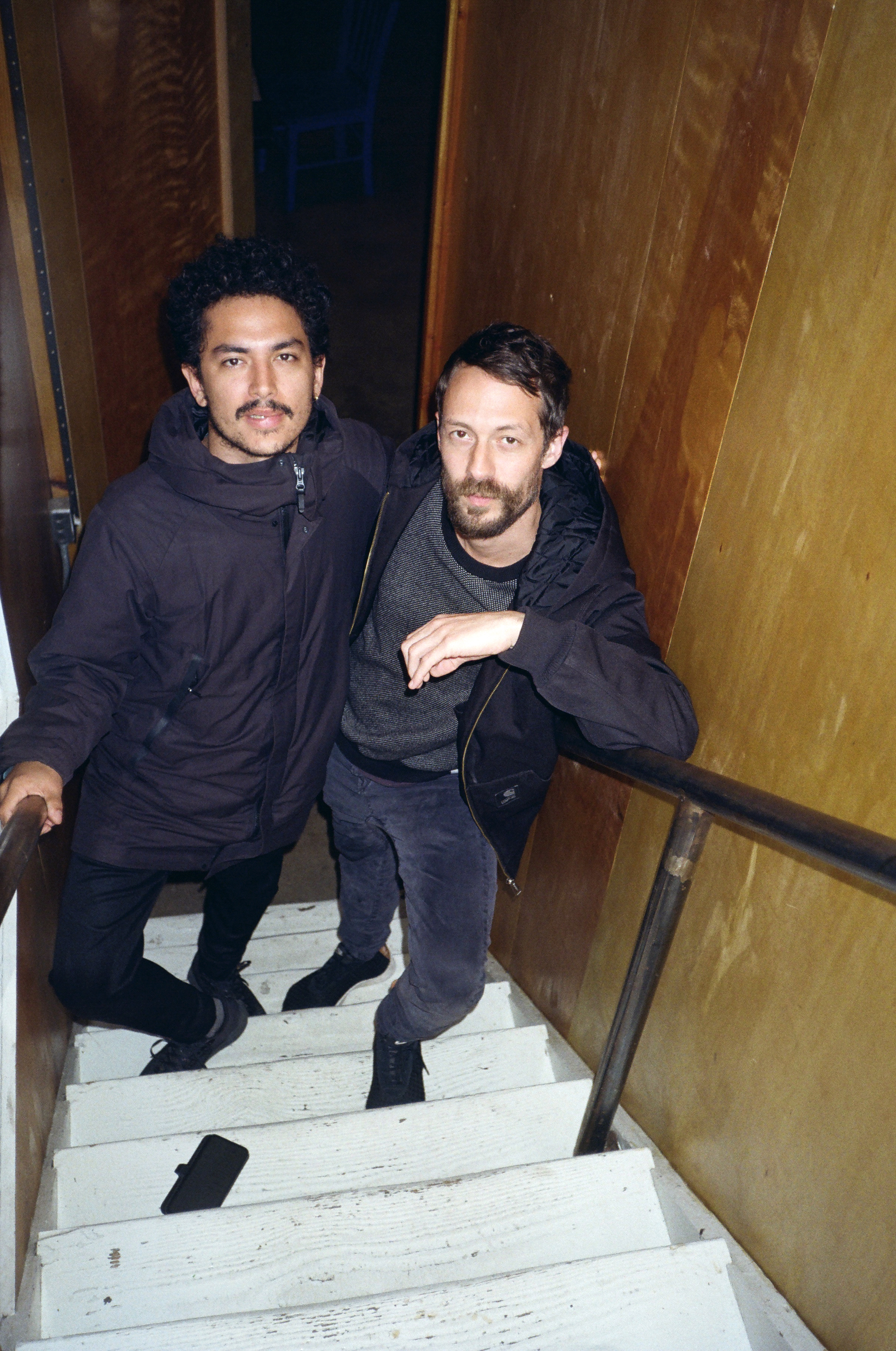

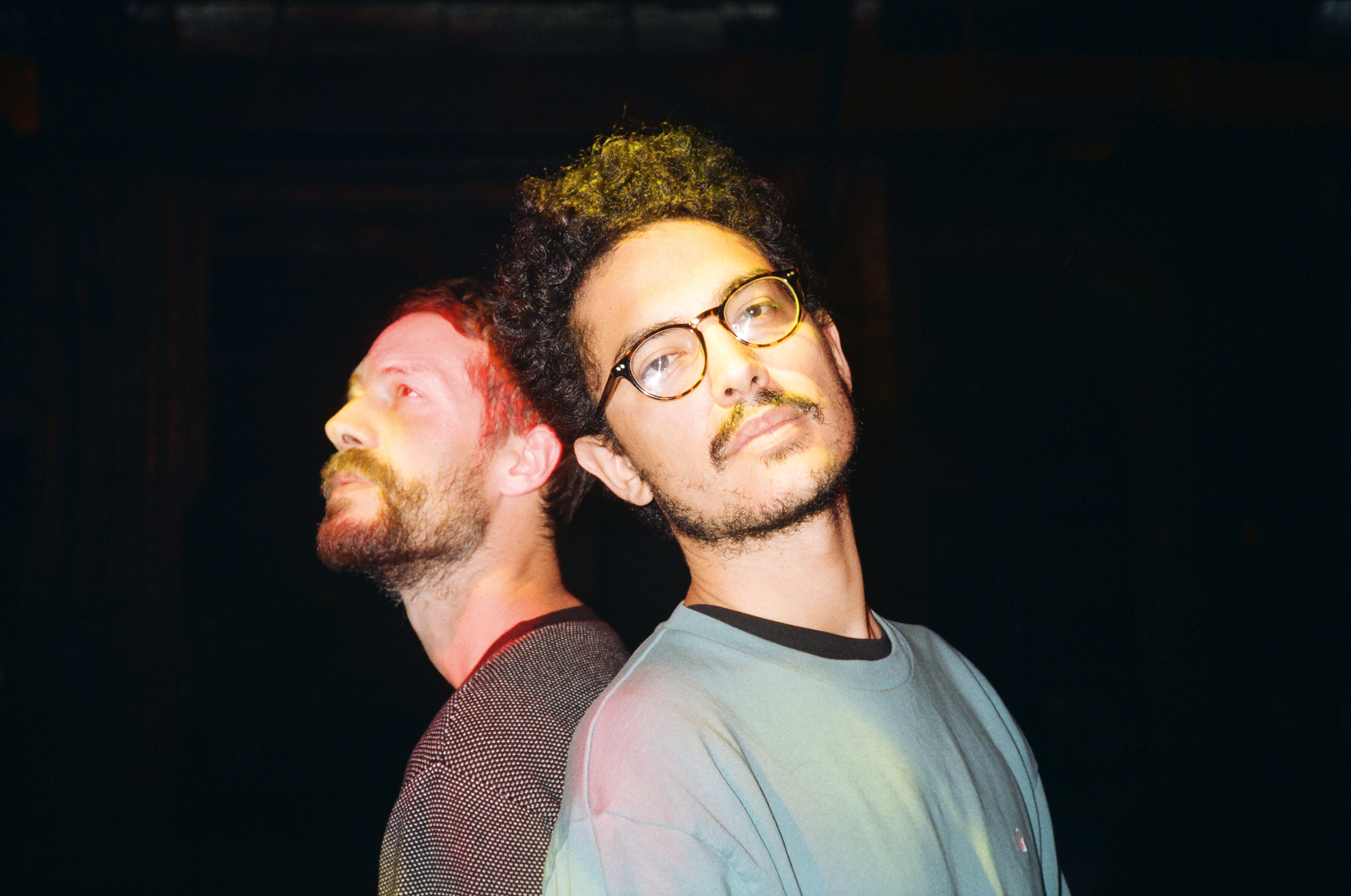
That final panning shot of four or five people relaxing in the branches of the tree is breathtaking.
It’s our vision of heaven—a big tree of life and all people of different colors having a chill time in nature. It’s our vision—we just needed a place with generic nature and a giant tree.
All of your videos have at least one example of people blazing—smoking weed. Is that a reference to your band name or just a common thread throughout your work?
It’s another personal detail. Of course, when we make music we love to drink a little bit, smoke a little bit. It’s also something young people do, so it seemed natural for us to put stuff like that in our videos. We don’t want to promote drugs necessarily, but it’s something people do. And smoking can help you travel—we want our characters and music to do the same. Our visuals also have a kind of documentary-style and we’re often telling stories about friends. So, yeah, they’re smoking—it’s a part of our characters, it’s a detail.
Are there any other common themes throughout the visuals?
It mostly depends on who’s watching. Some of our themes are youth, freedom, friendship and love. The main one that would group everything together is poetry—that’s a big part of who we are. Our music videos and our music are just our way of expressing ourselves and writing poetry. So, poetry—and human beings.
Can we expect more videos for the songs from Dancehall? I’m personally campaigning for a “Places” video. Or “She”—anything!
To be honest, right now, we don’t really think about the future. We need to live in the present moment because that’s how we stay creative—that’s how we’re good at what we do. We don’t want to project ourselves into the future. We just finished the album and some videos. Of course, we’ll do some more stuff, but we need time, you know? We need time to be sure of what we want to do and we’ll take that time. There will be more, we just don’t know what or when. Time is really a luxury that we’ve had since the beginning—that and a carte-blanche arrangement to do whatever we want. We want to keep that freedom—no matter what.
It’s good that you’re not forcing yourselves into creative output, like, ‘We have to do three videos right now!’
You have to fight for it. Not in our case, but some artists get told, “You have two weeks to get us a video!" and we’re really lucky to be well surrounded and have no pressure like that. We can just let the inspiration happen naturally. Our only ‘chop-chop’ is our inspiration directing us towards what to do. We’re talking about human nature and emotions which are very important, and we need time for that.
Have you guys made cameos in any of your videos?
No. We’re not the main characters. We don’t do a lot of interviews or photos because we don’t really feel like we’re important like that. We have things to say but our best way of expressing ourselves and what we feel is doing our music and art. We do the same onstage—when we perform we’re in silhouette because we want people to enjoy the music and not be like, taking pictures with their cell phones and stuff. That, and we’re talking about people in our music and videos, so we don’t want to talk about us. Our lives aren’t that interesting.
Clearly you guys have a strong eye for cinematic beauty and bringing about emotions through visual storytelling. Are there any directors, films or other music videos that have made a big impact on you?
In cinema it’s easier for us to answer that than with music. With cinema it’s more about socially-aware directors that work with an eye for humanity. Directors like [Alejandro G.] Iñárritu and Andrea Arnold. Have you seen American Honey? Such a cool movie. And for music videos, there’s Spike Jonze—he makes very poetic videos and does something different each time, which I think is really hard for an artist—to renew yourself. There’s also Daniel Wolfe, Alfonso Cuarón—Gravity, Children of Men, and Y Tu Mamá También. Another is Tree of Life by Terrence Malick. We really like that guy—our buddy, Terrence. With Tree of Life he really did something new because he came not with a story or structure—he just filmed really beautiful stuff and included very loud classical music. For us, that’s poetry.
This is your first tour in the U.S. Has there been anything that surprised you about America since you’ve been here?
Apart from the President, the people have been very welcoming. We’re coming from afar—we’re from Europe—and sometimes we’re surprised that people so far from our home know us and want to see us perform. They come and they enjoy the moment with us. They sing out loud, they clap, they groove. Sometimes, we get a little stressed on stage and when we turn around and see everyone going wild—we instantly know it’s going to be okay.
'Dancehall' is out now.
